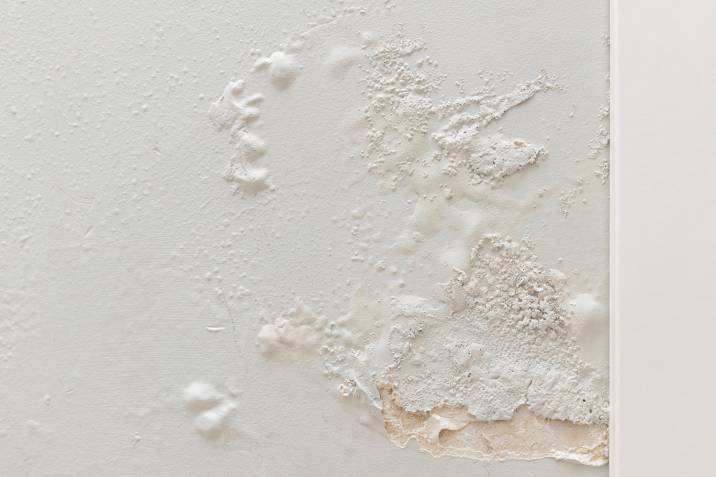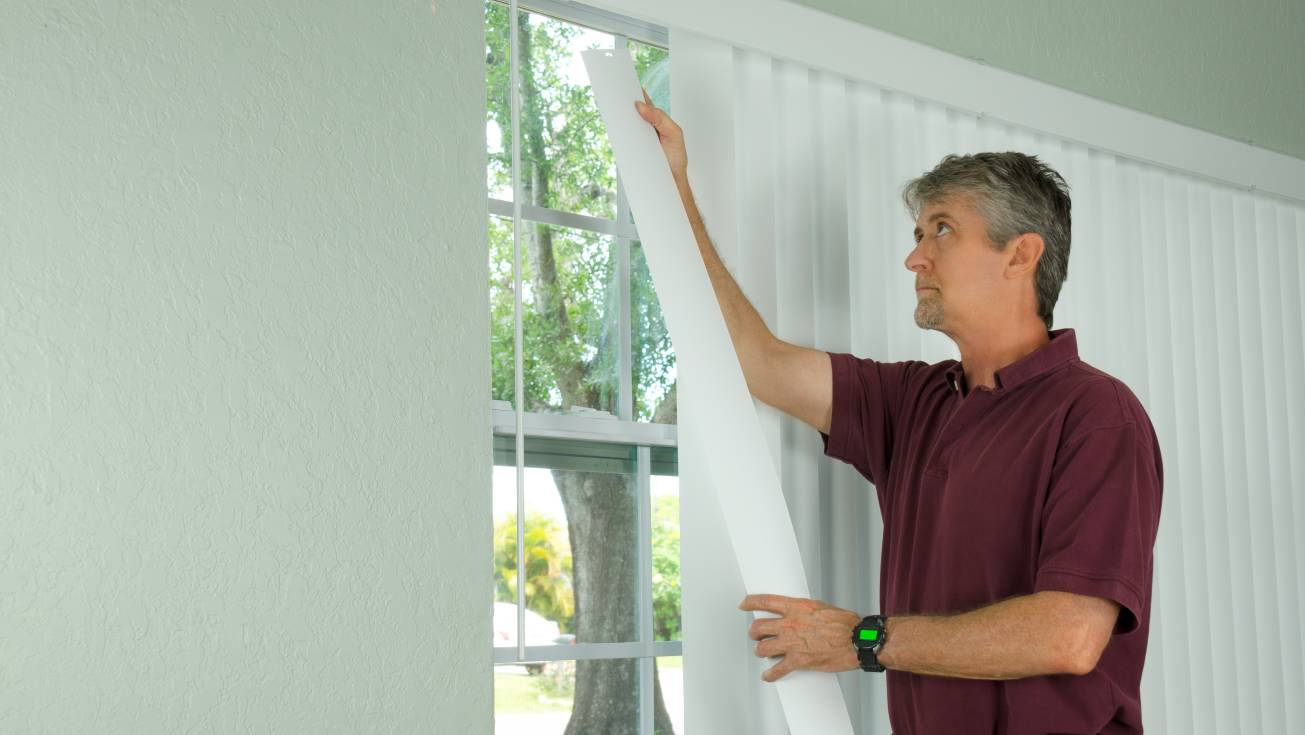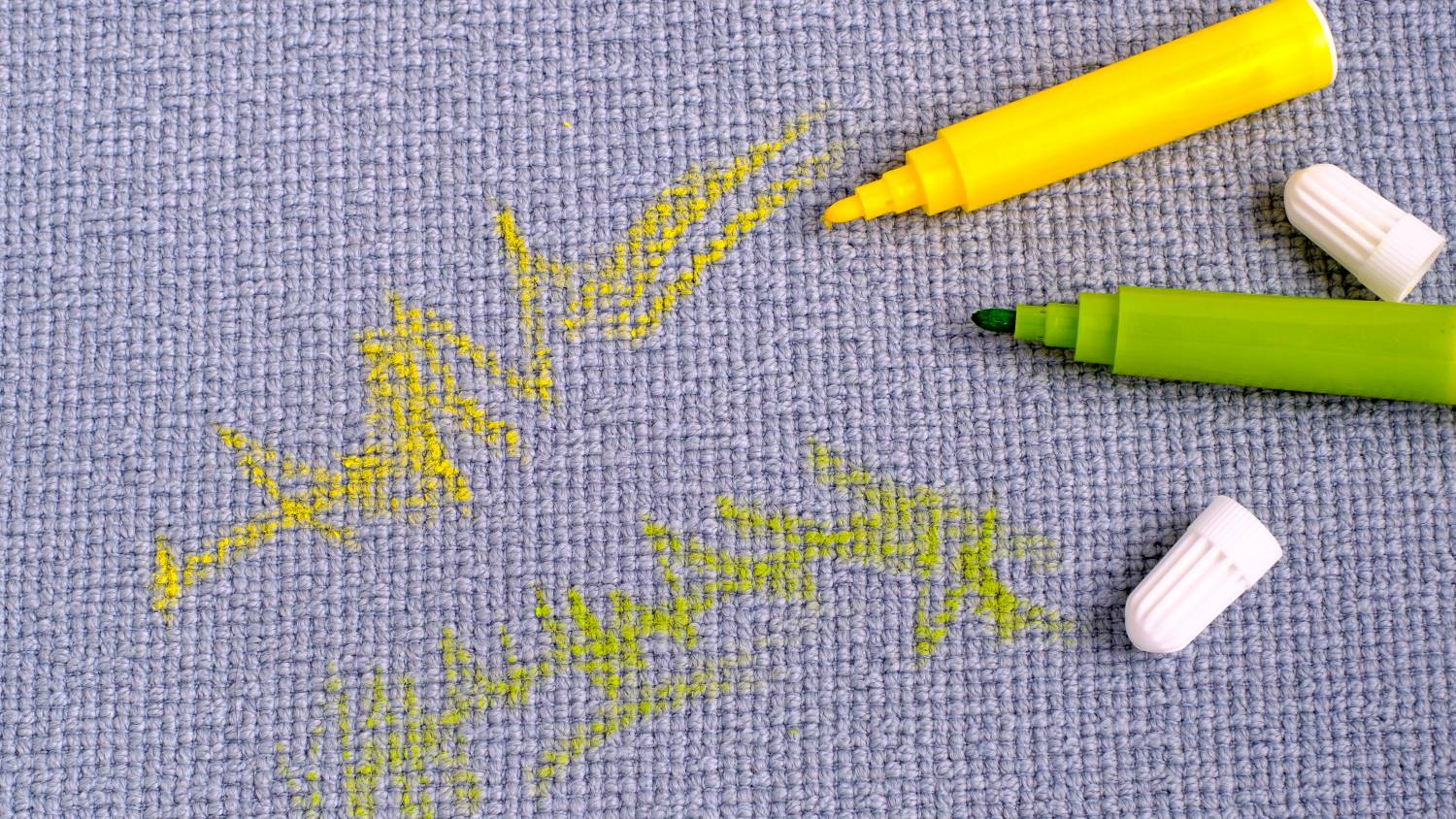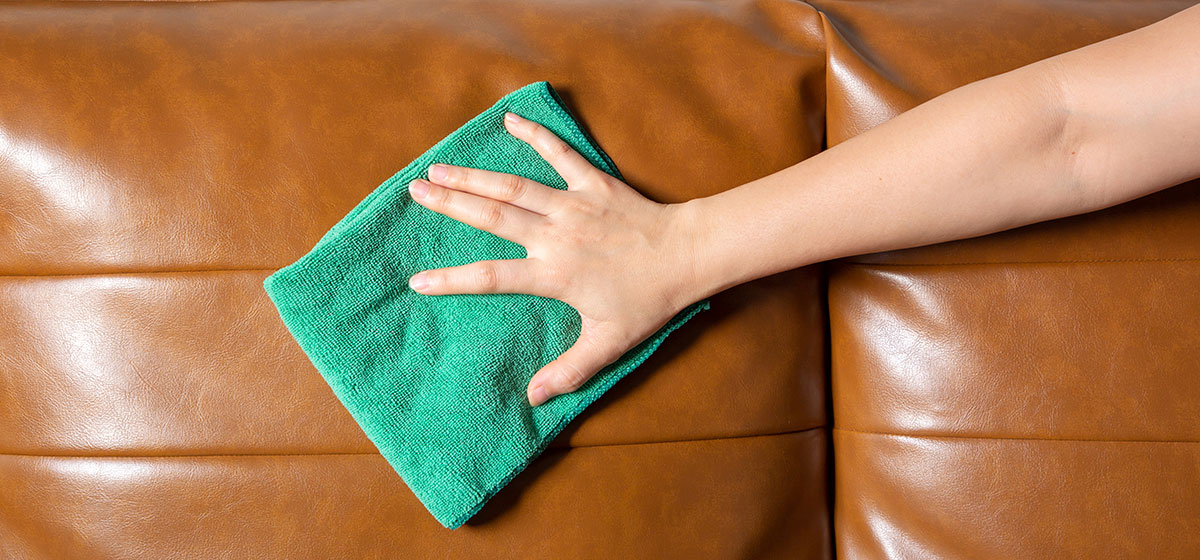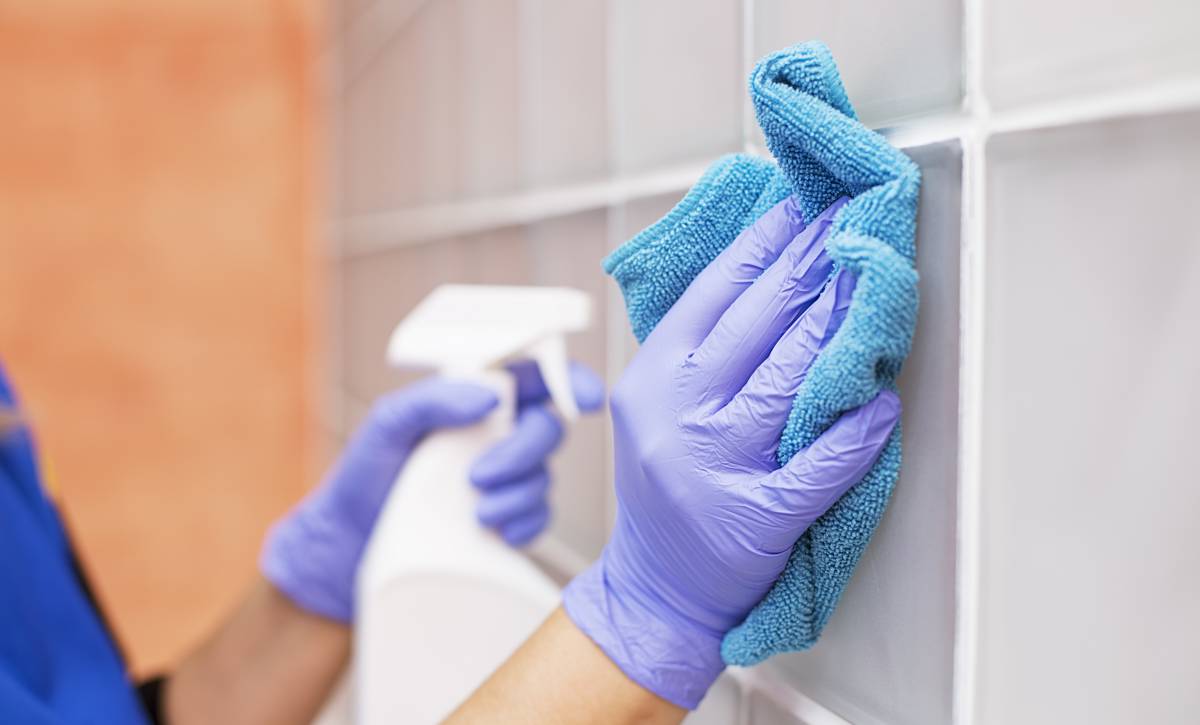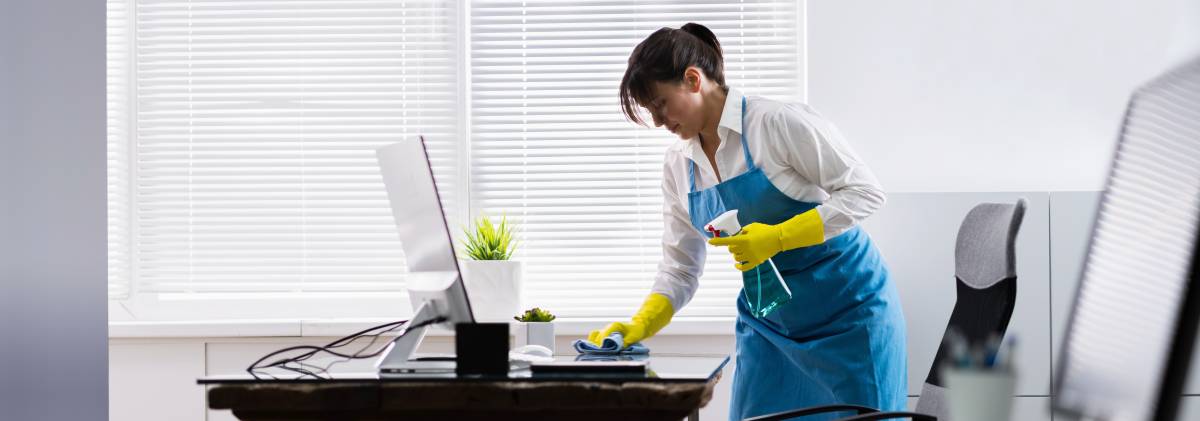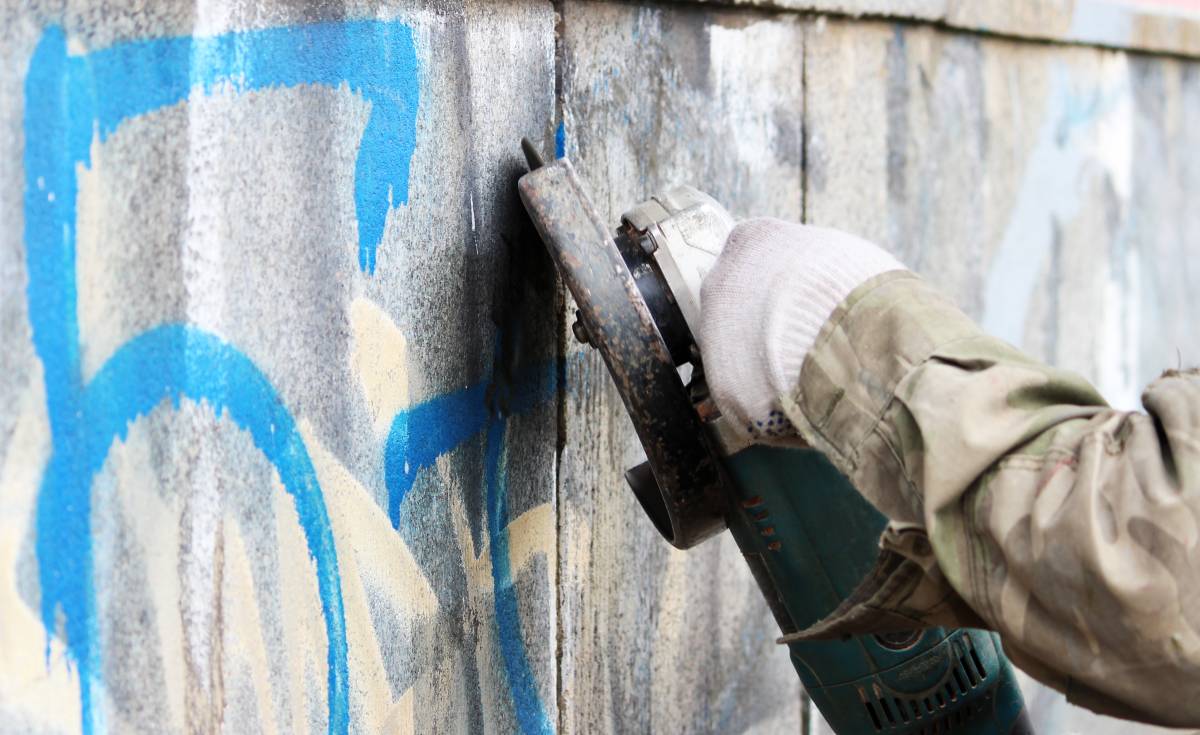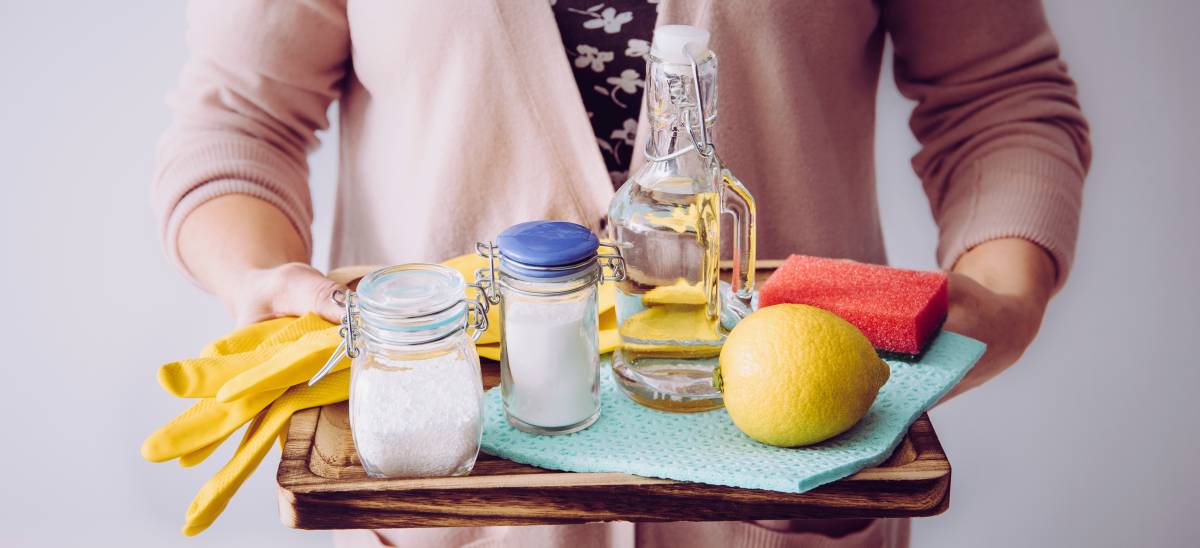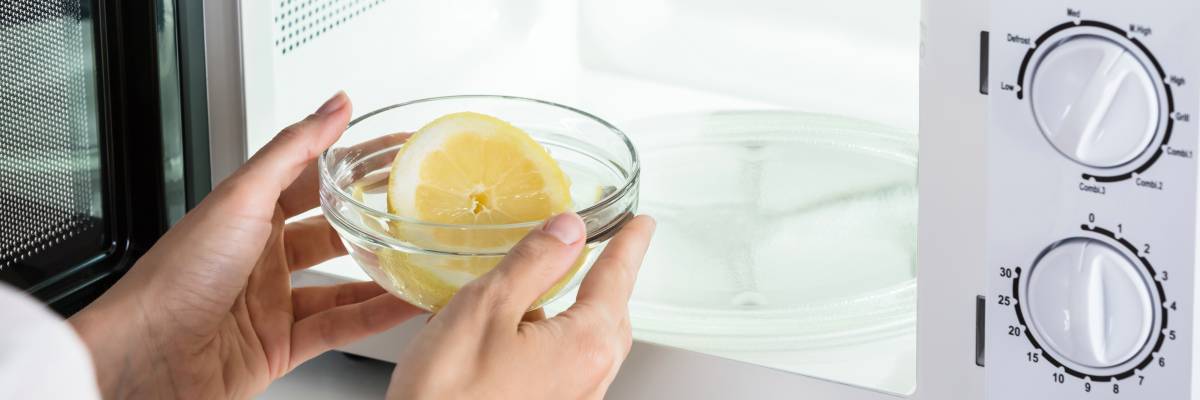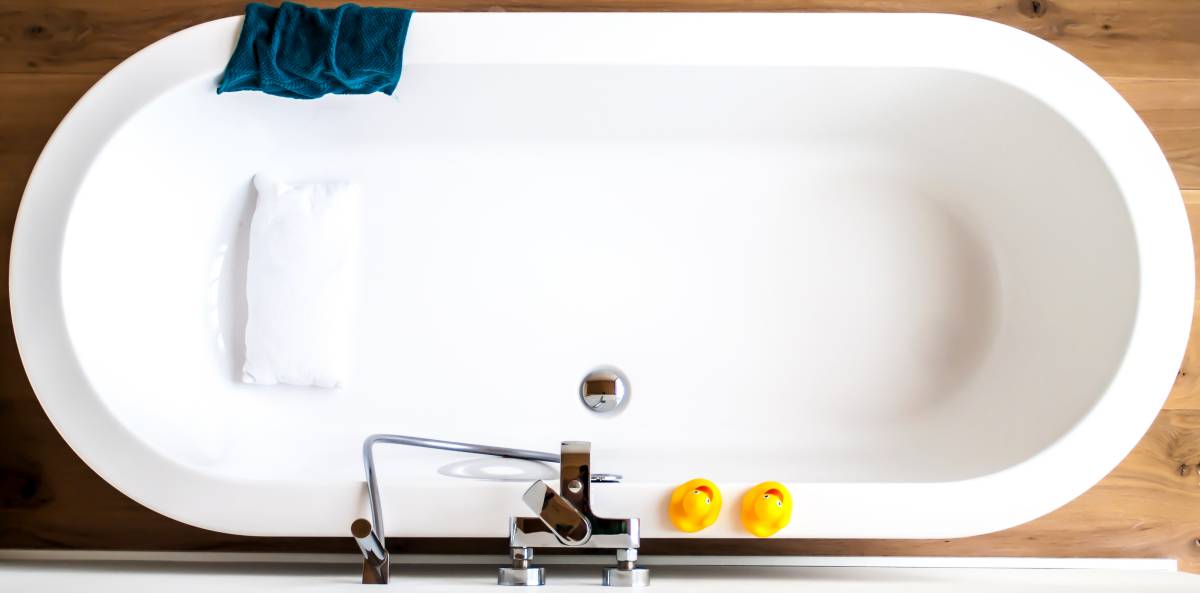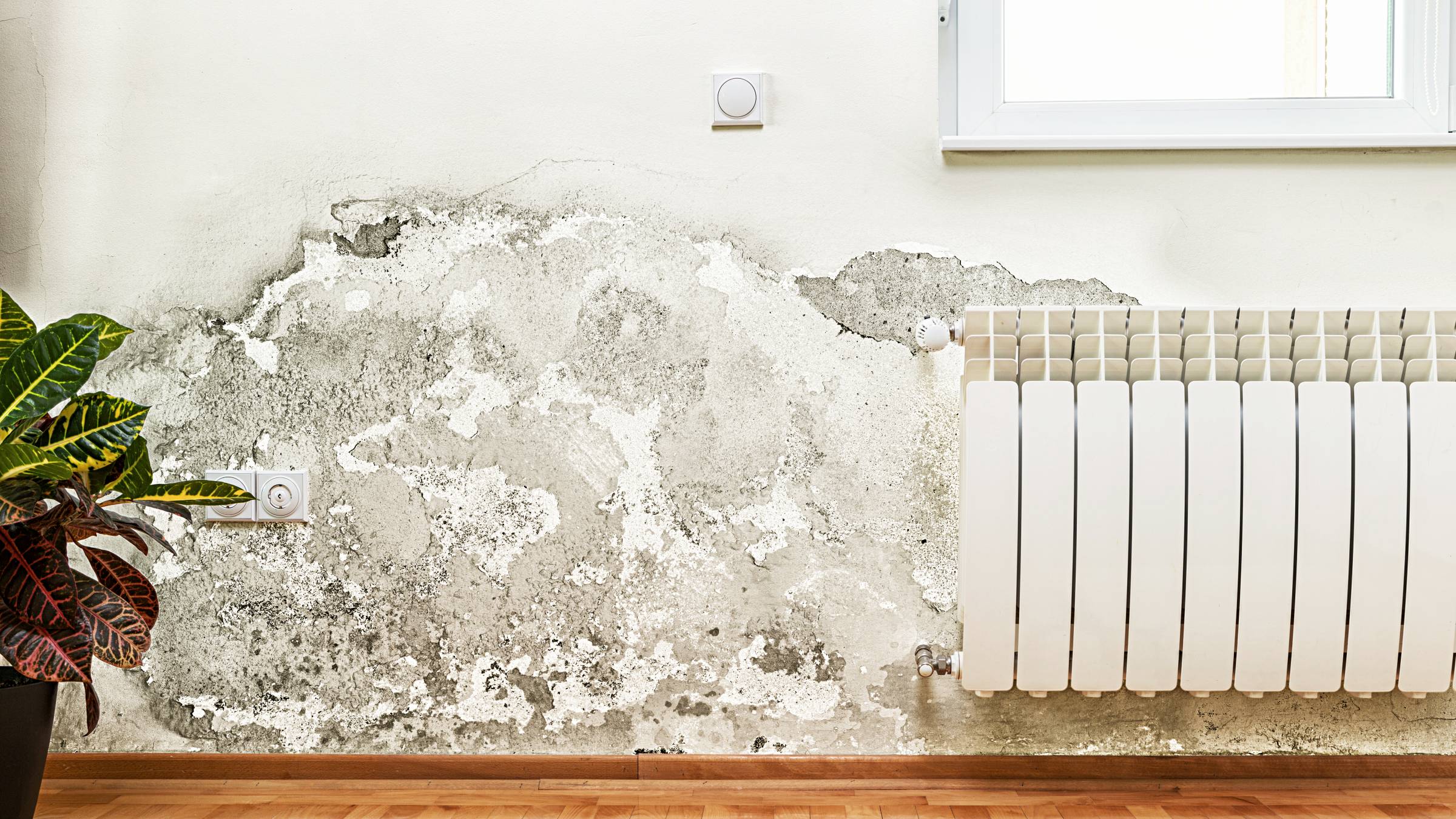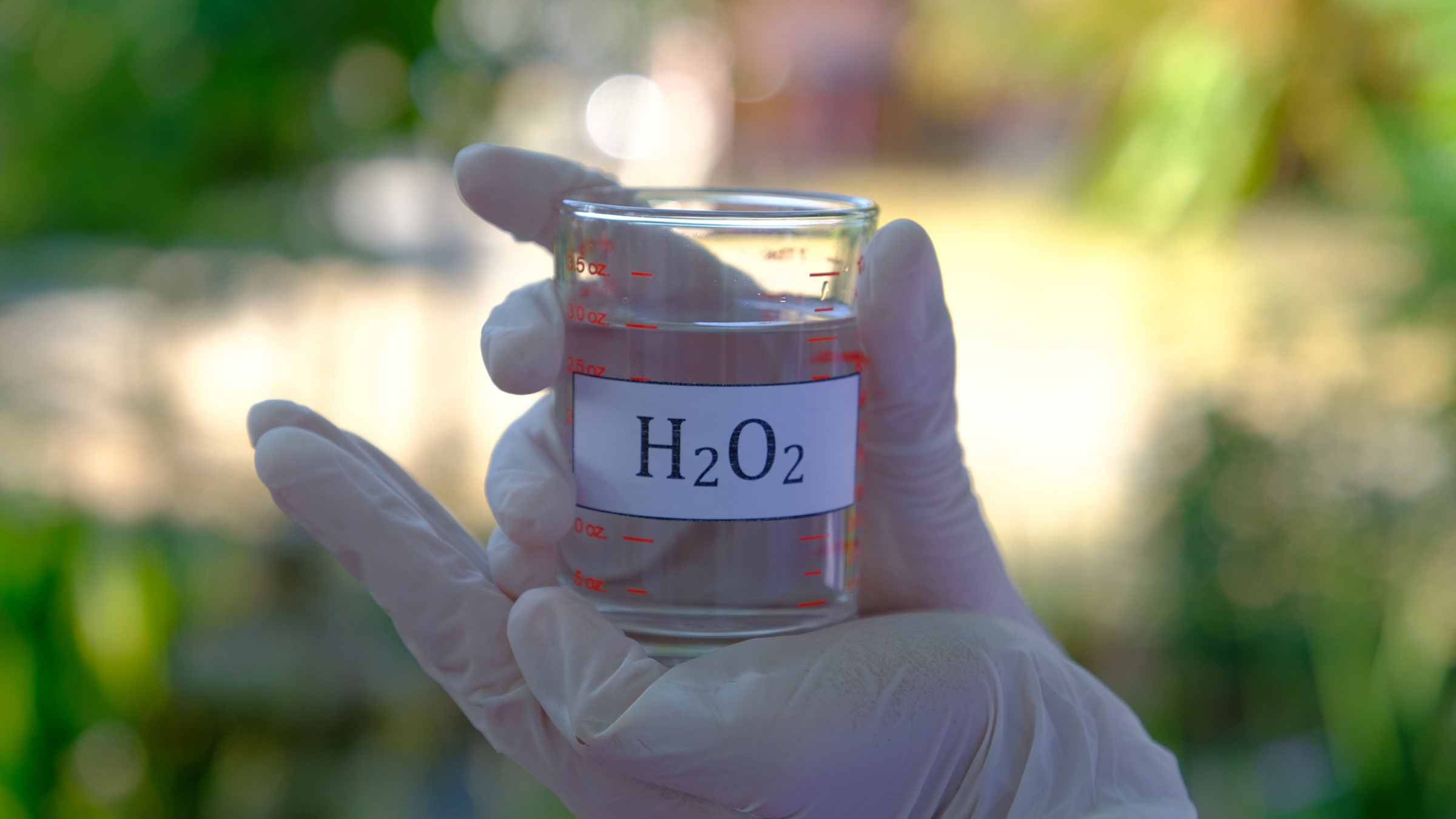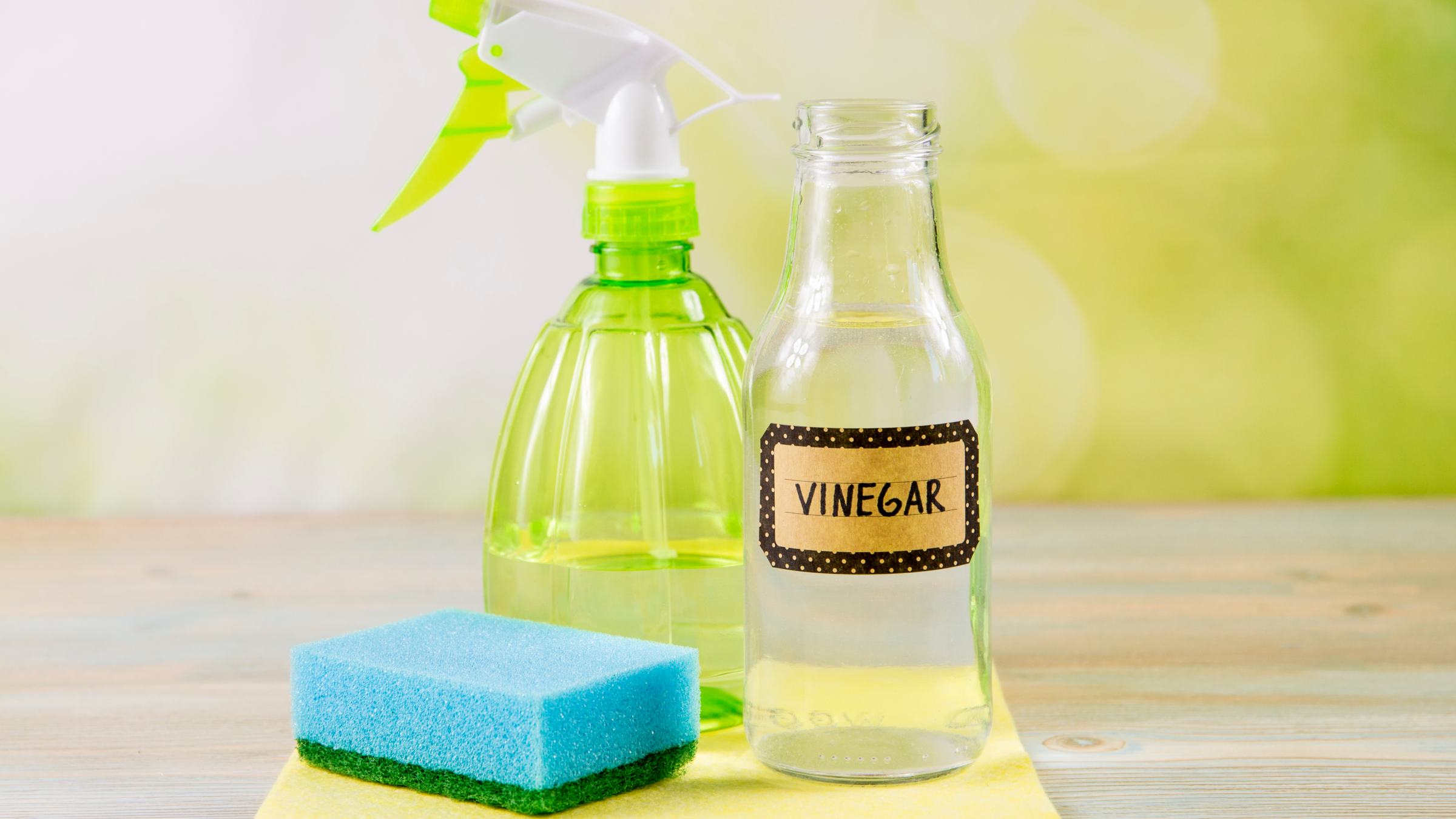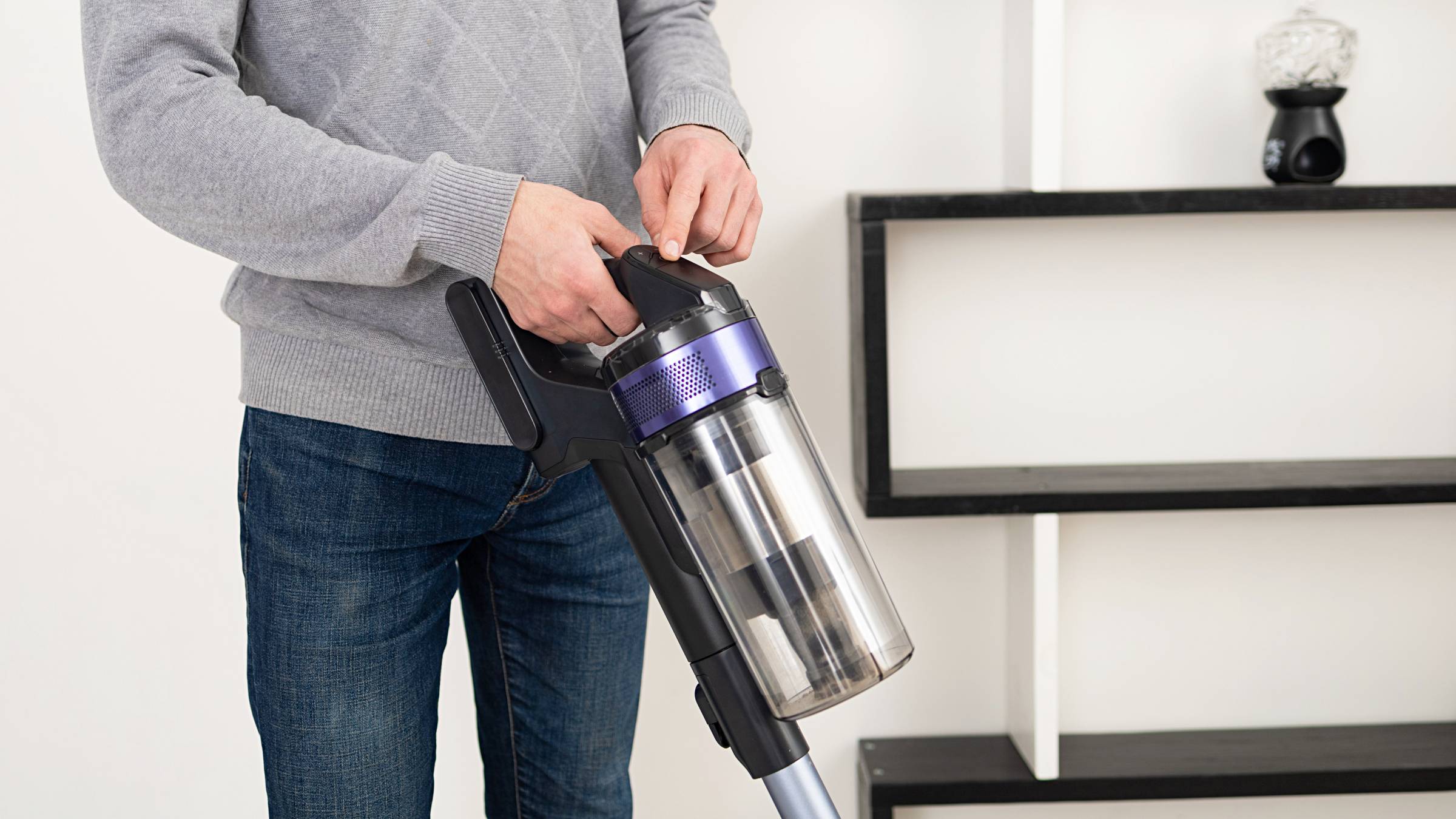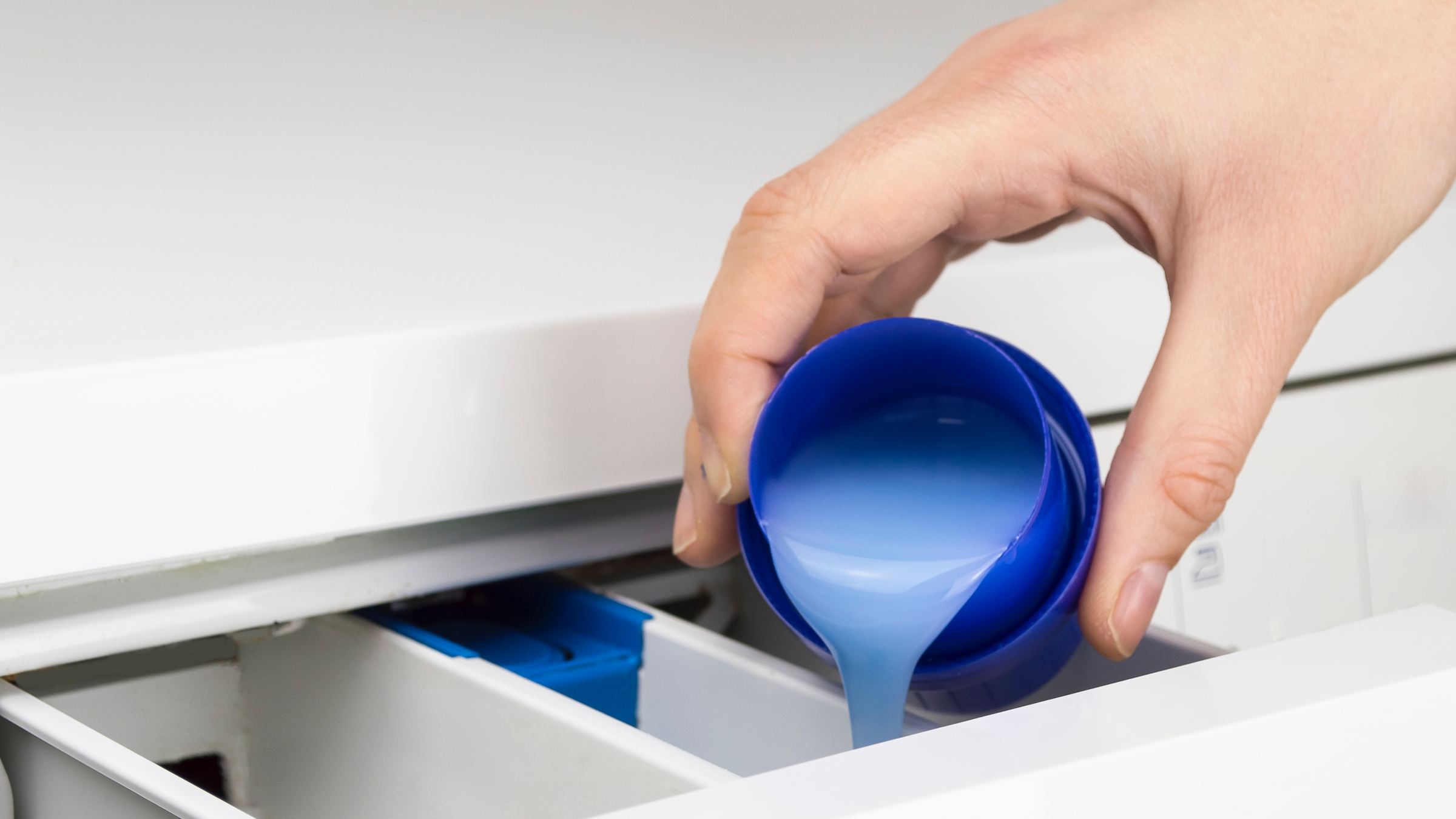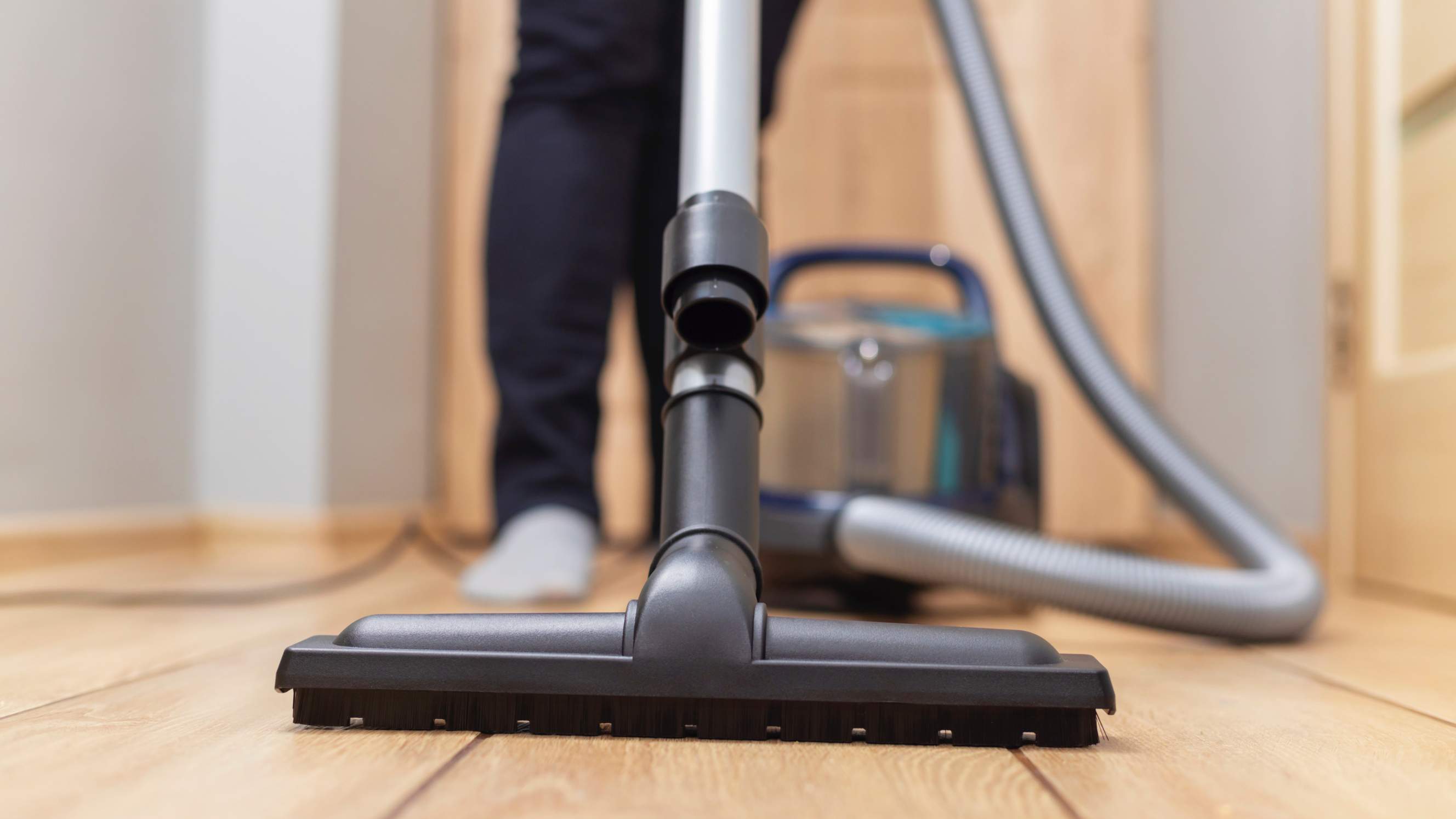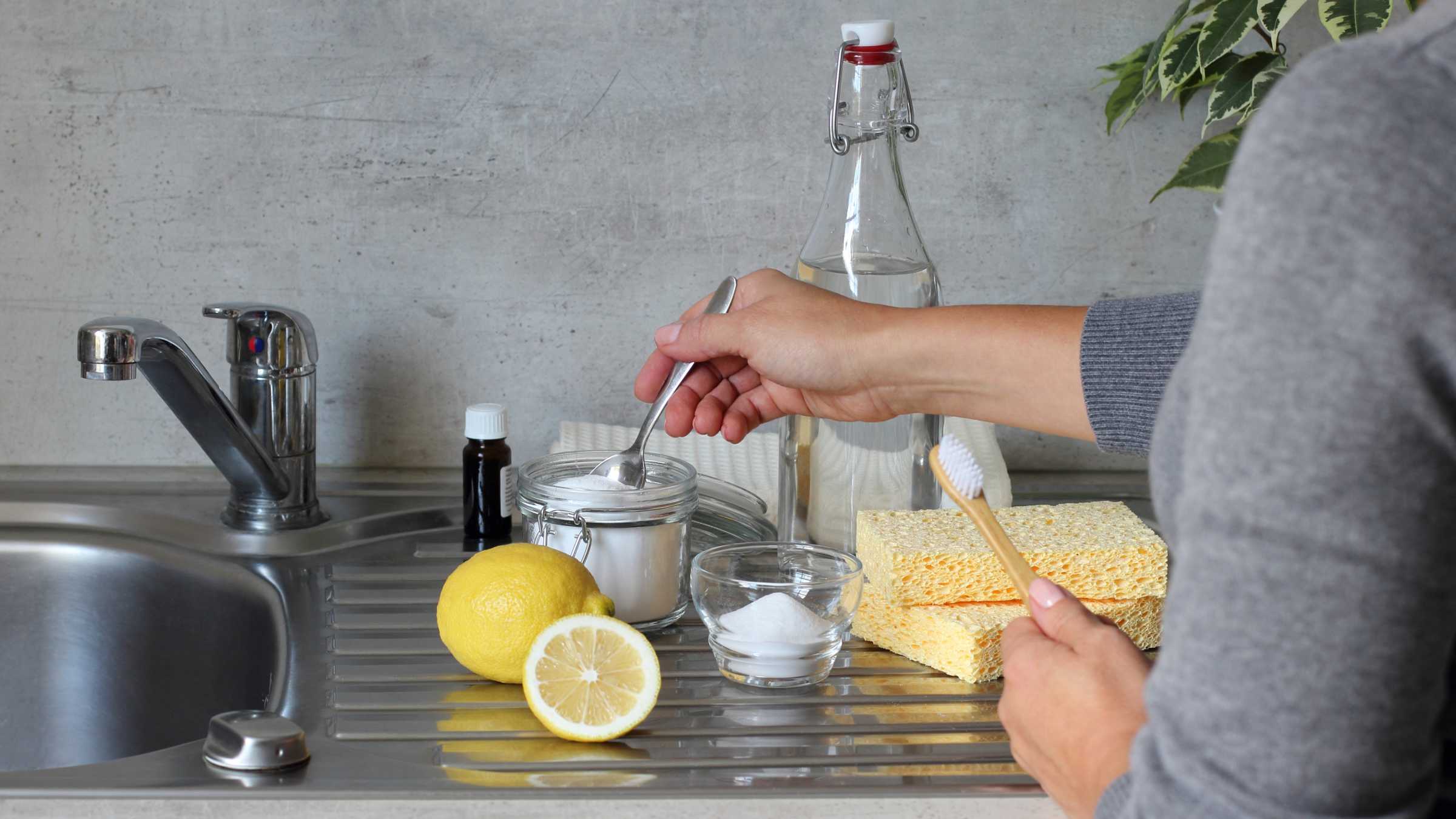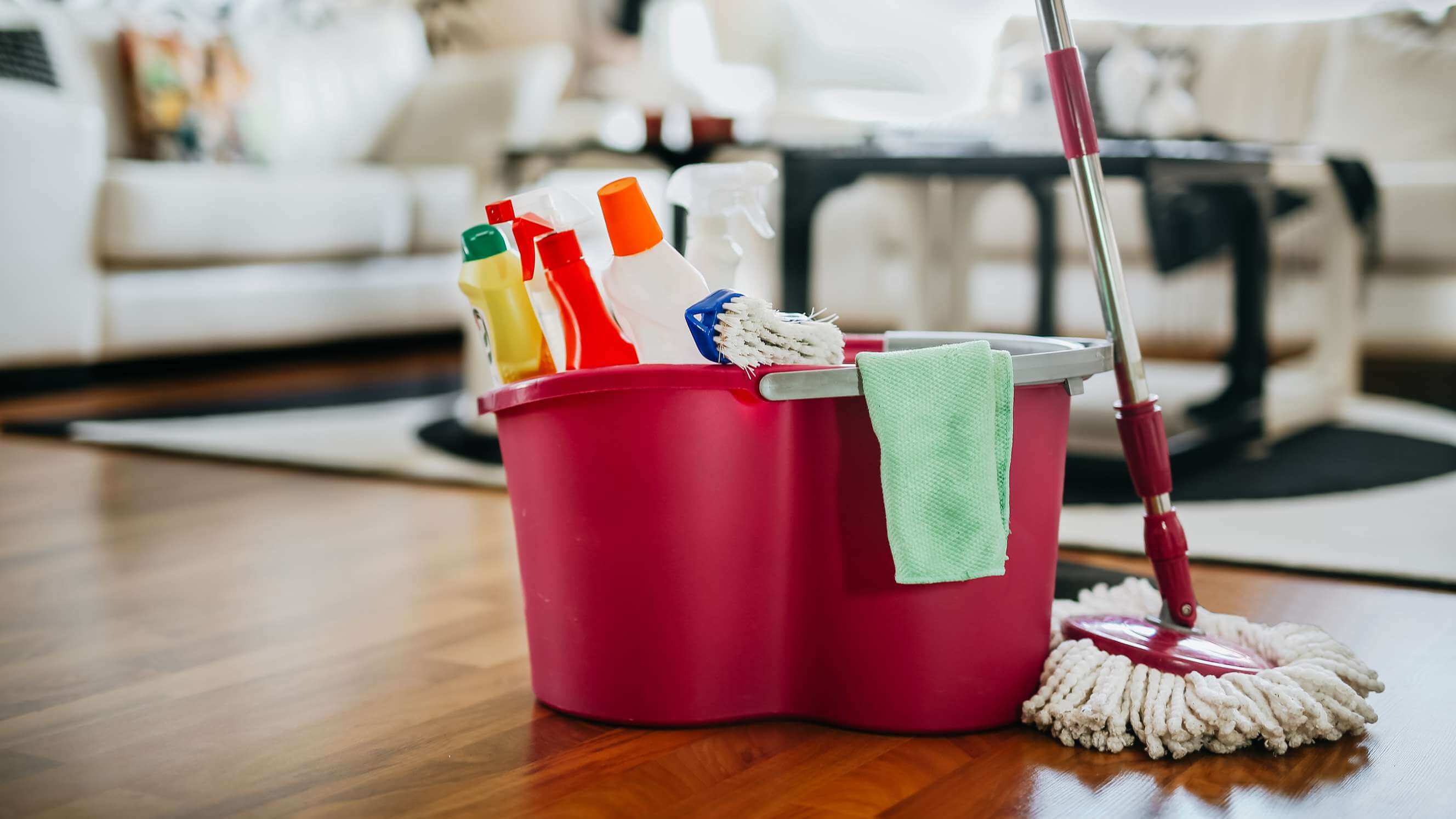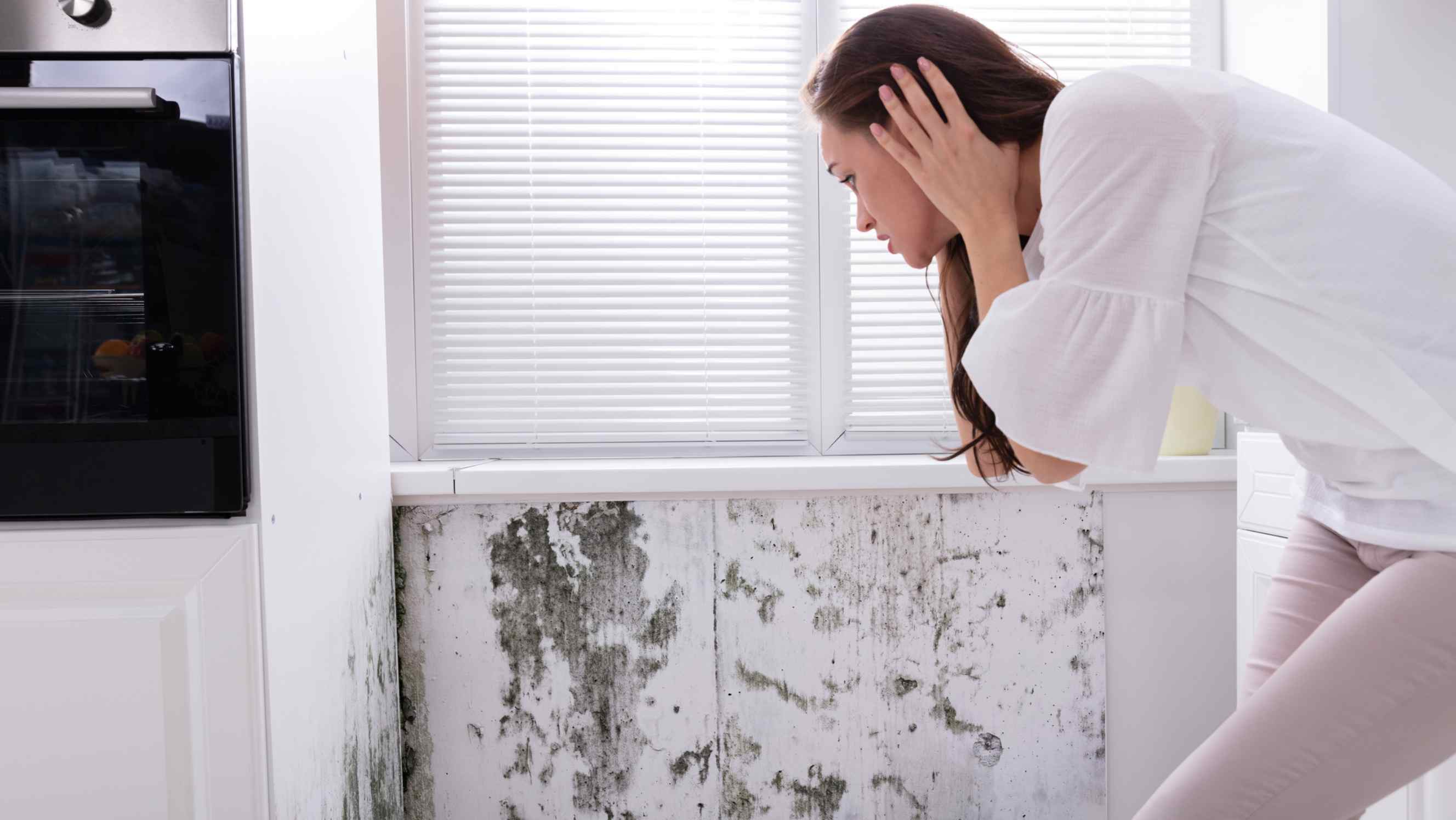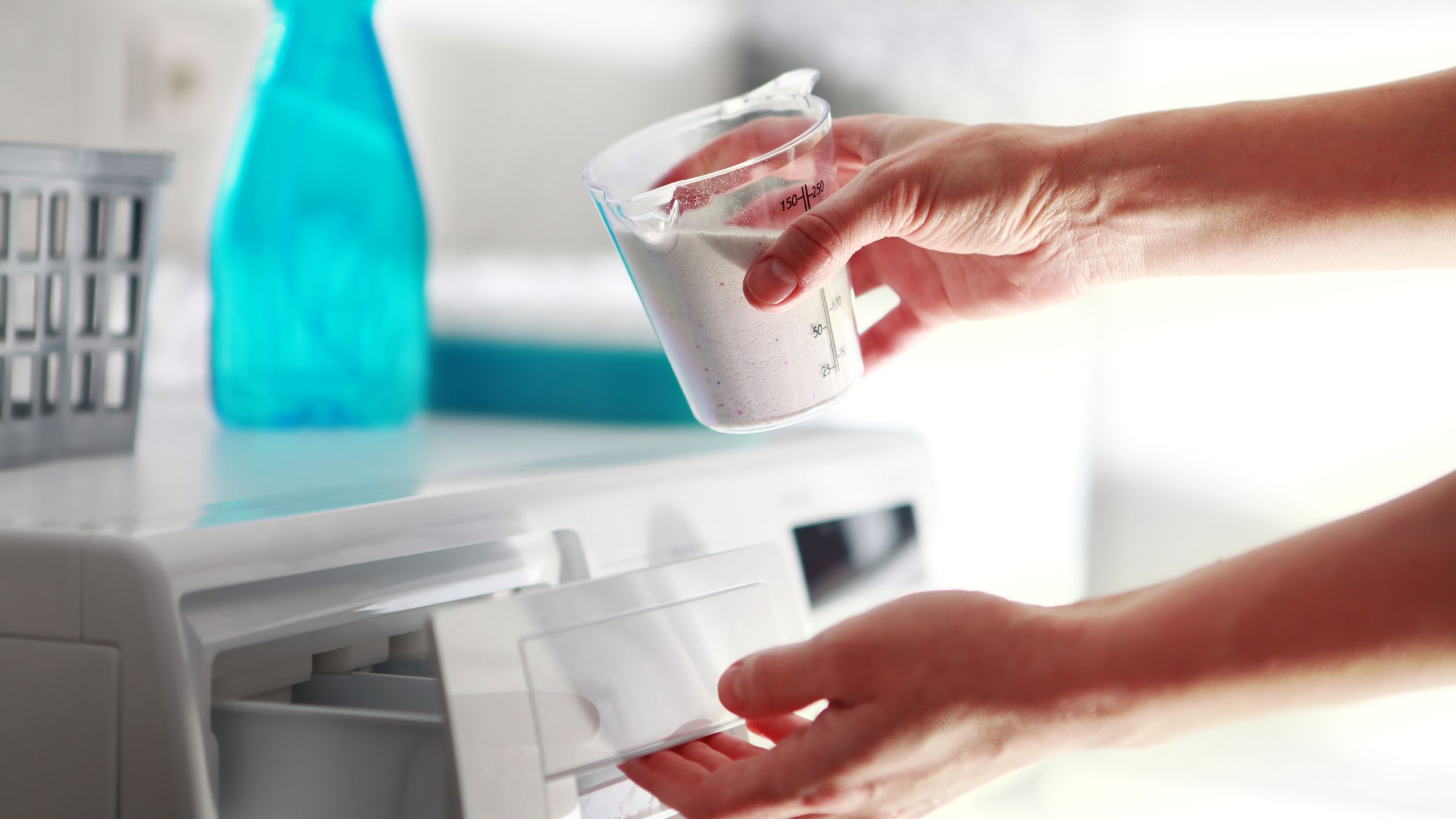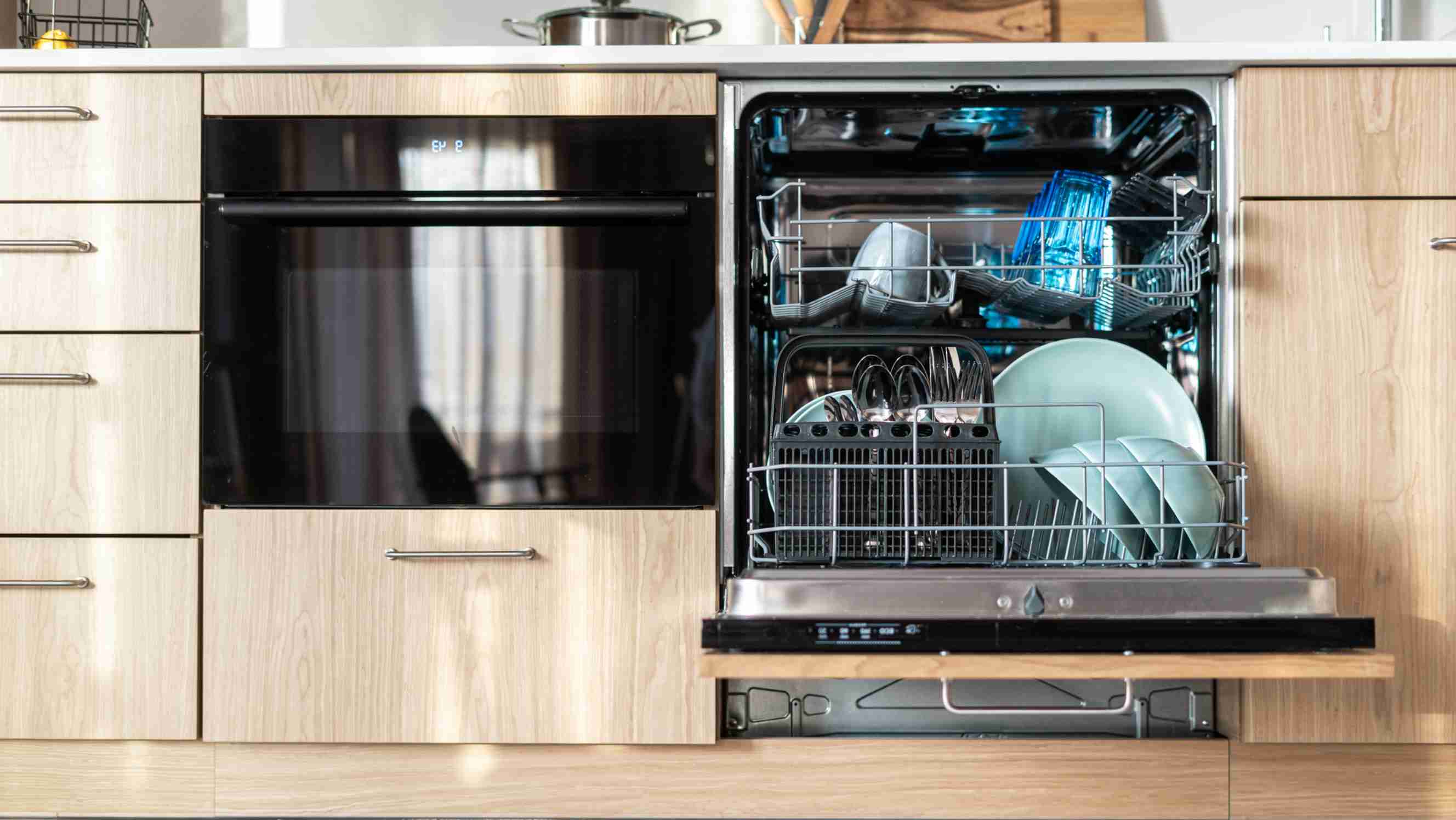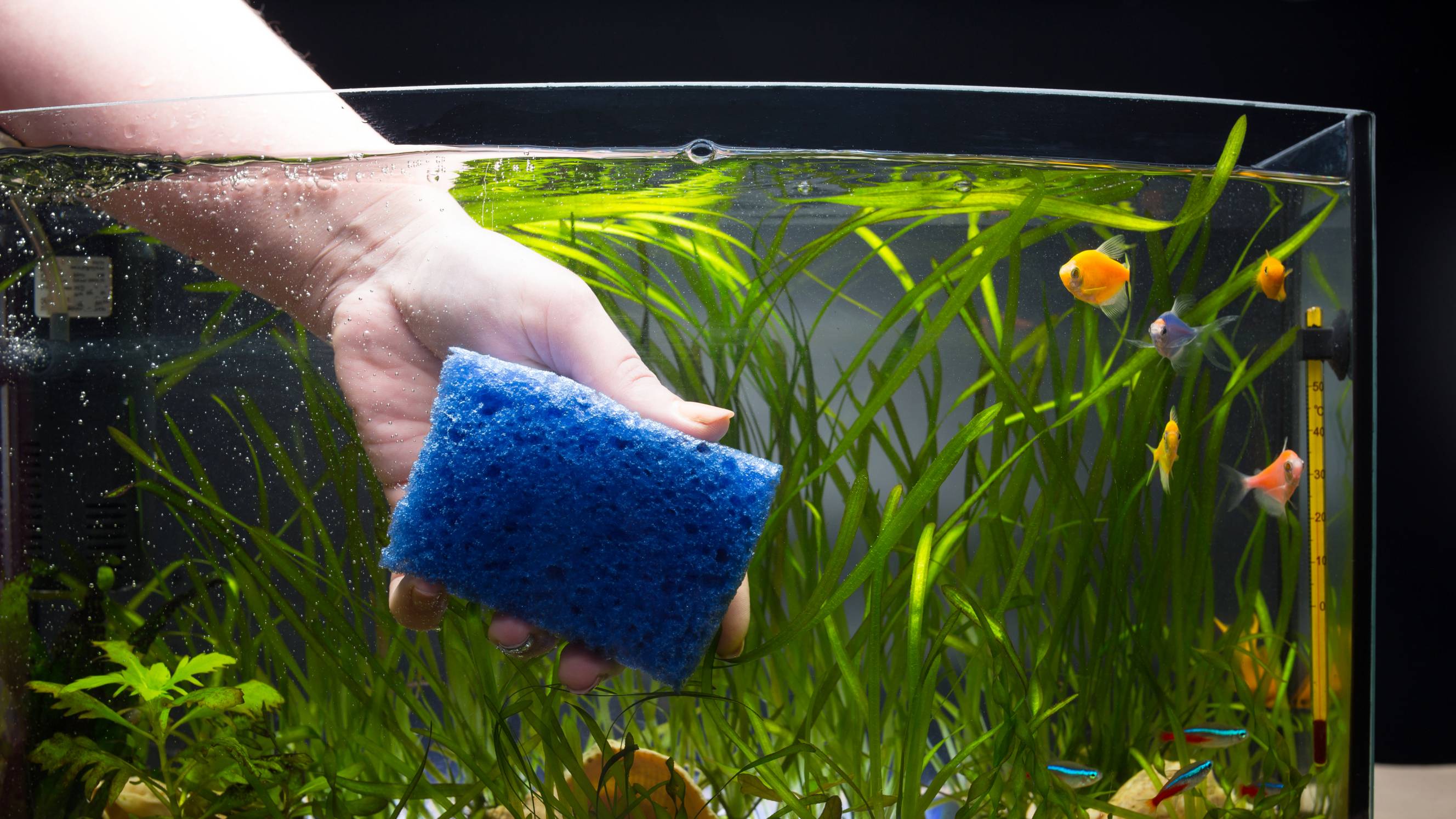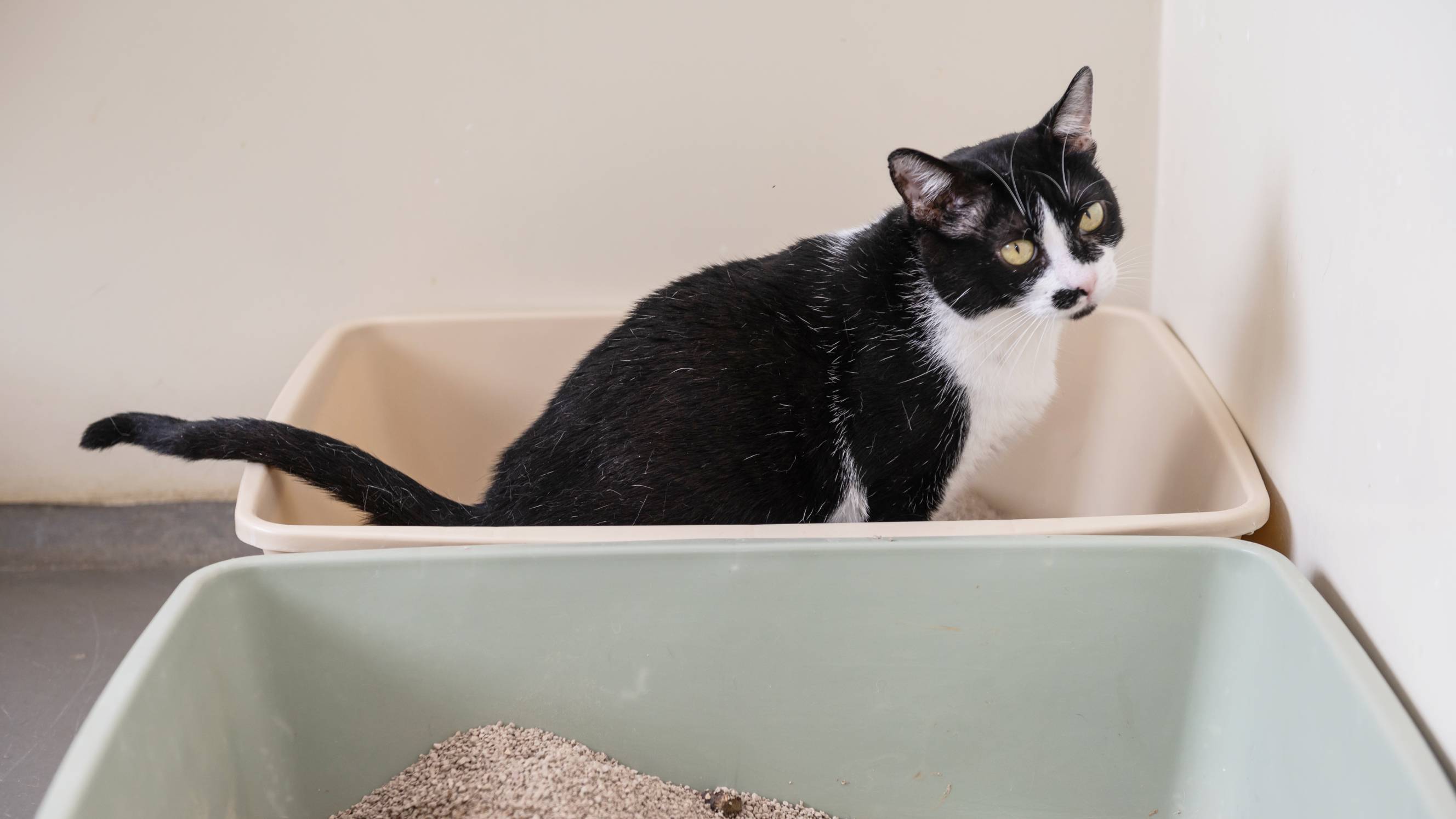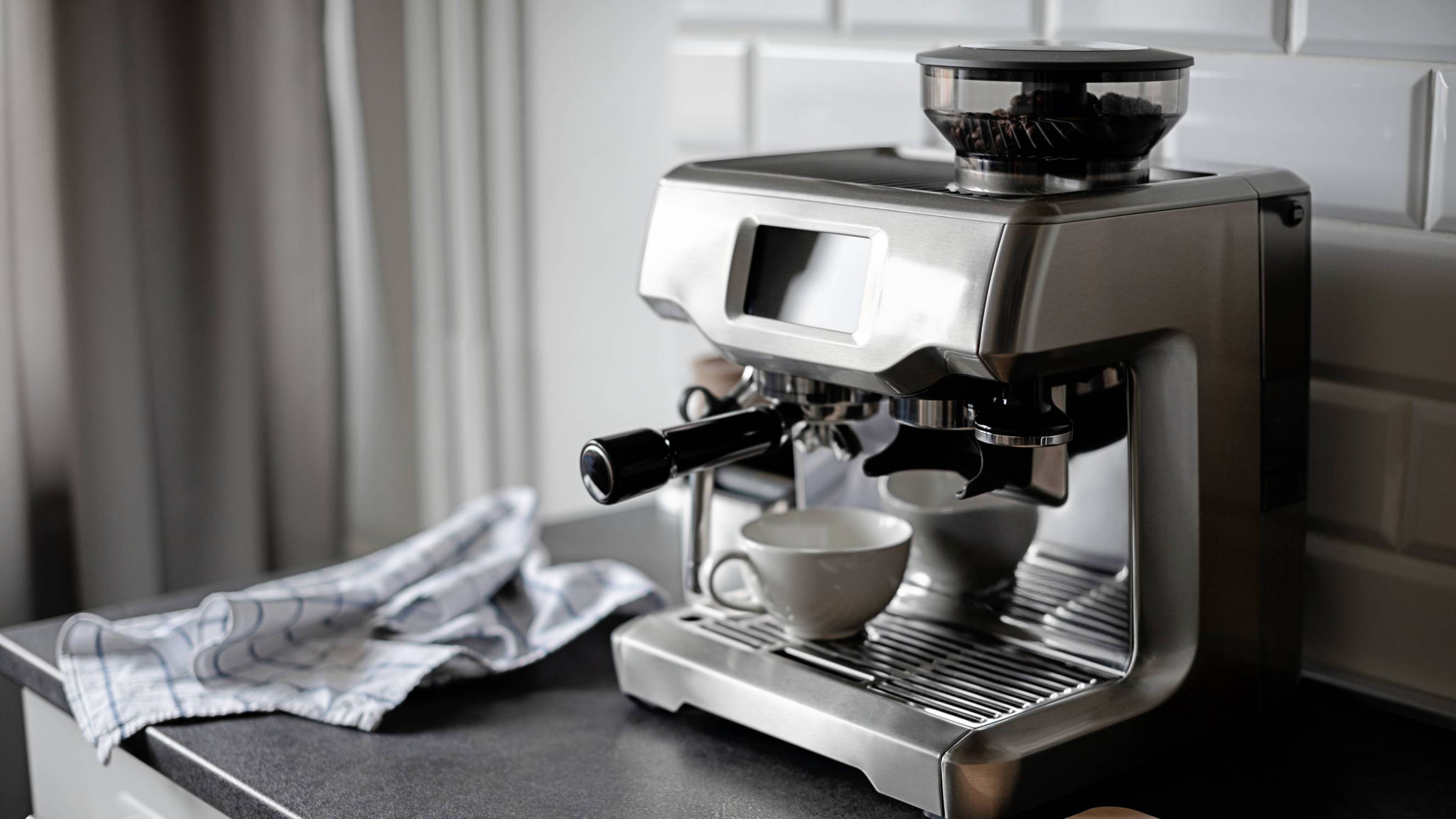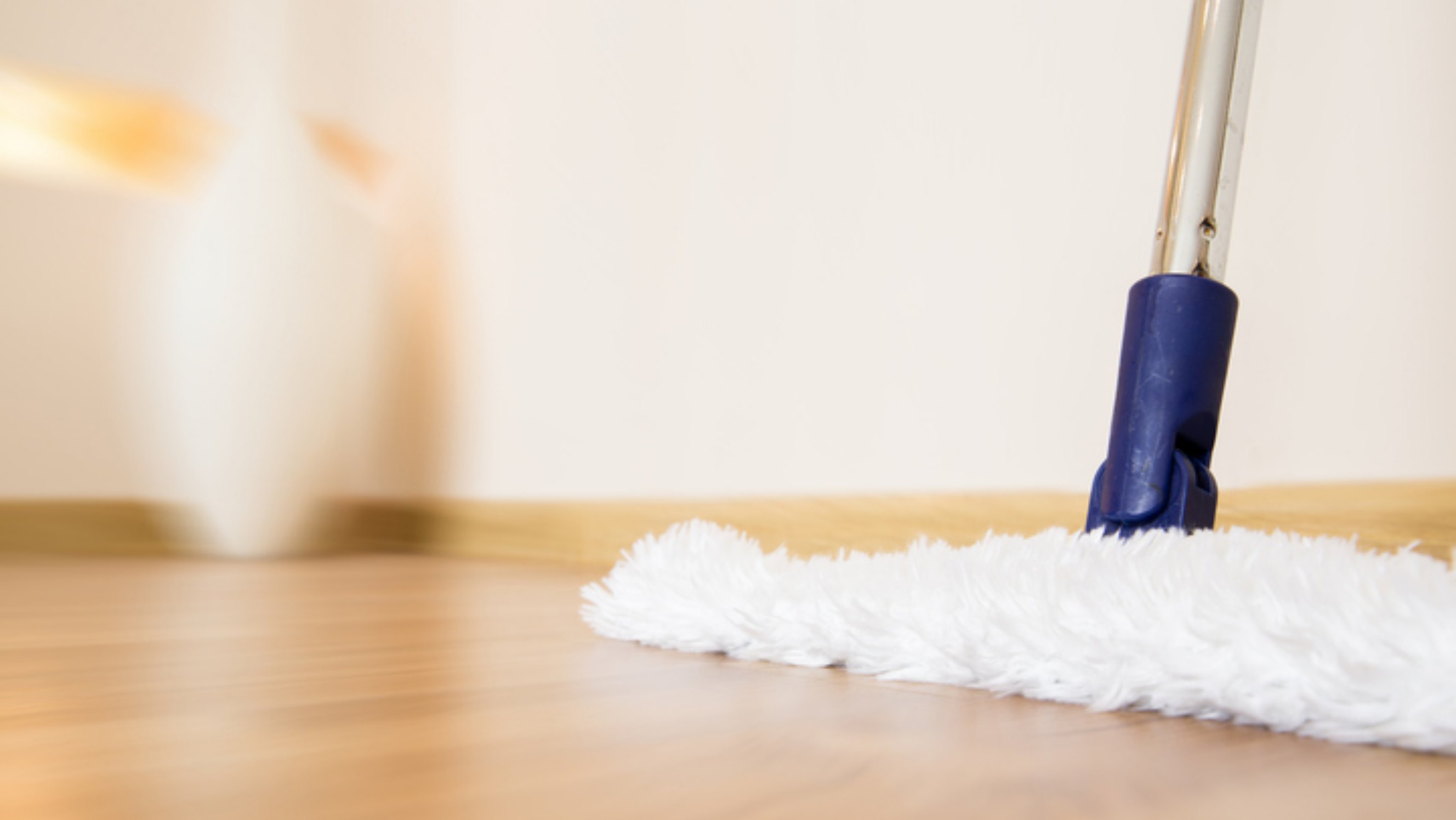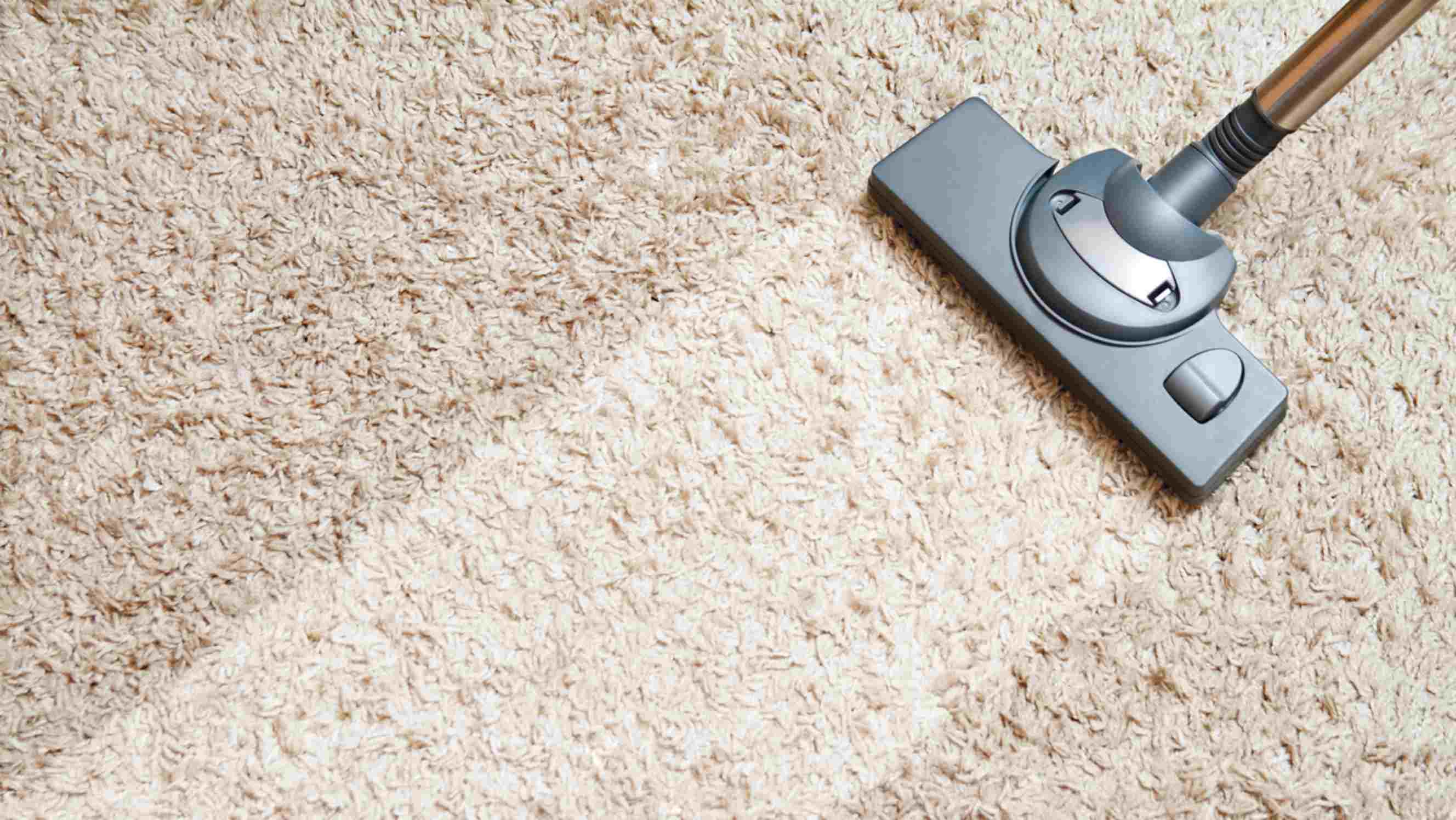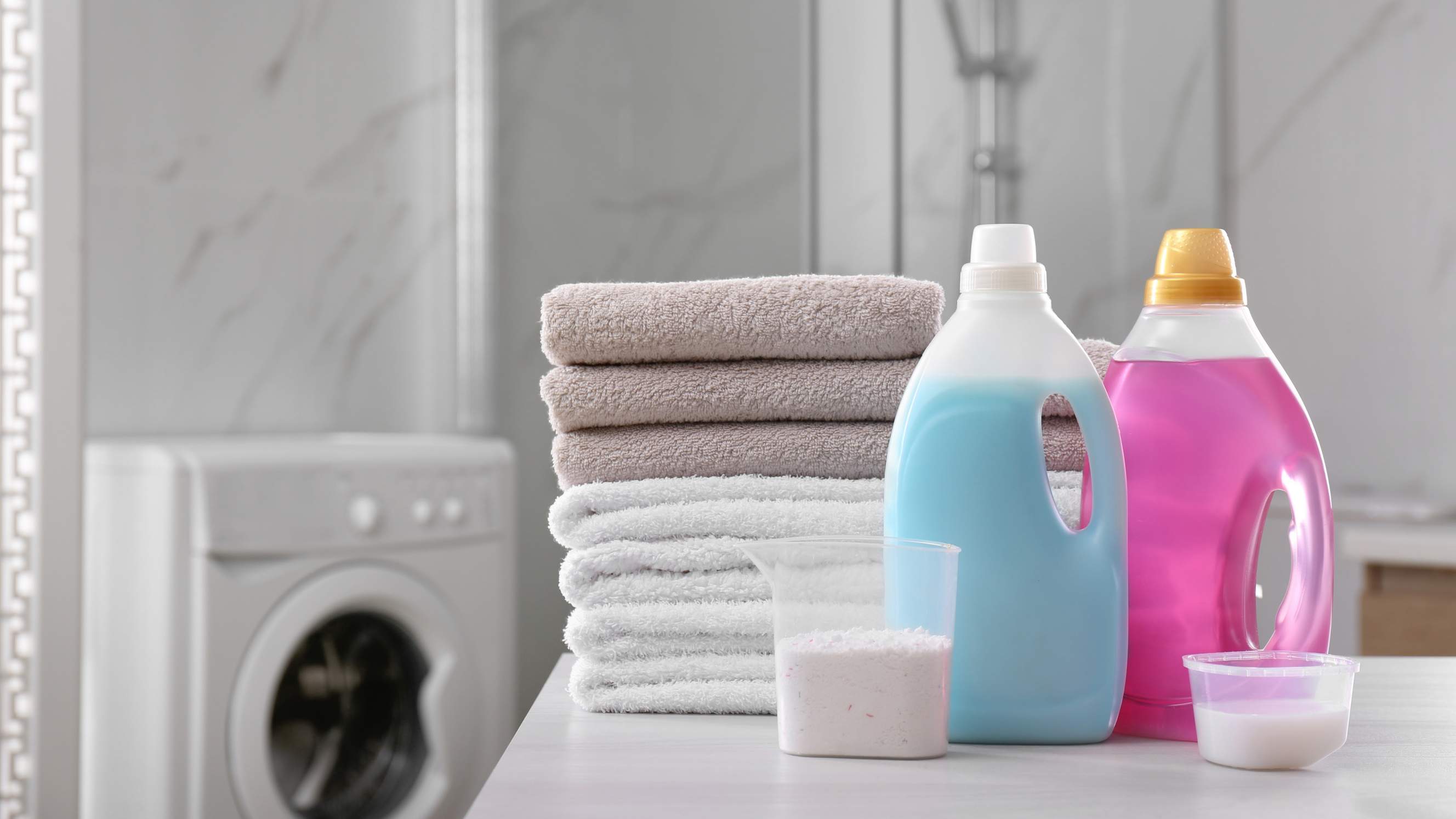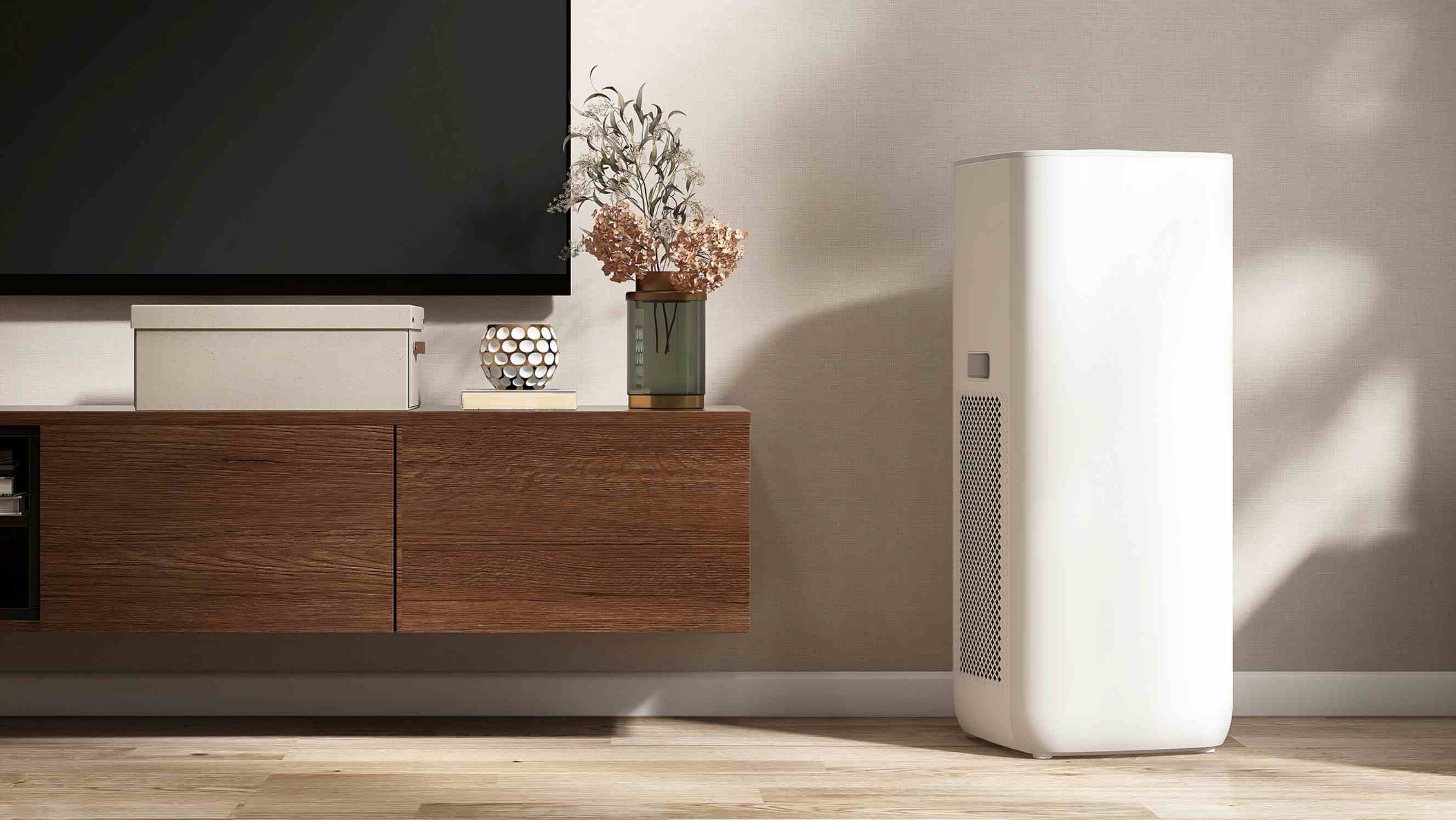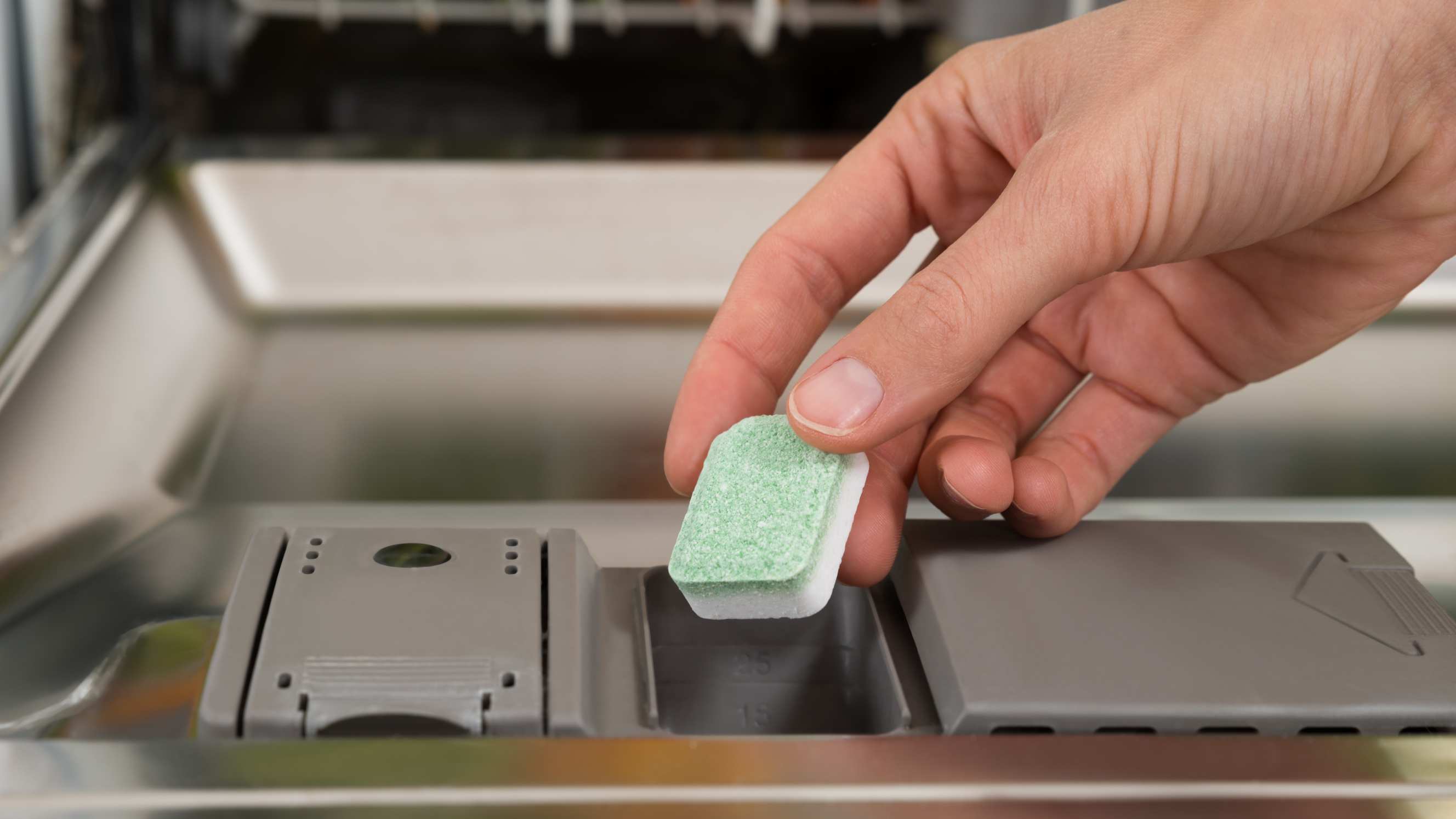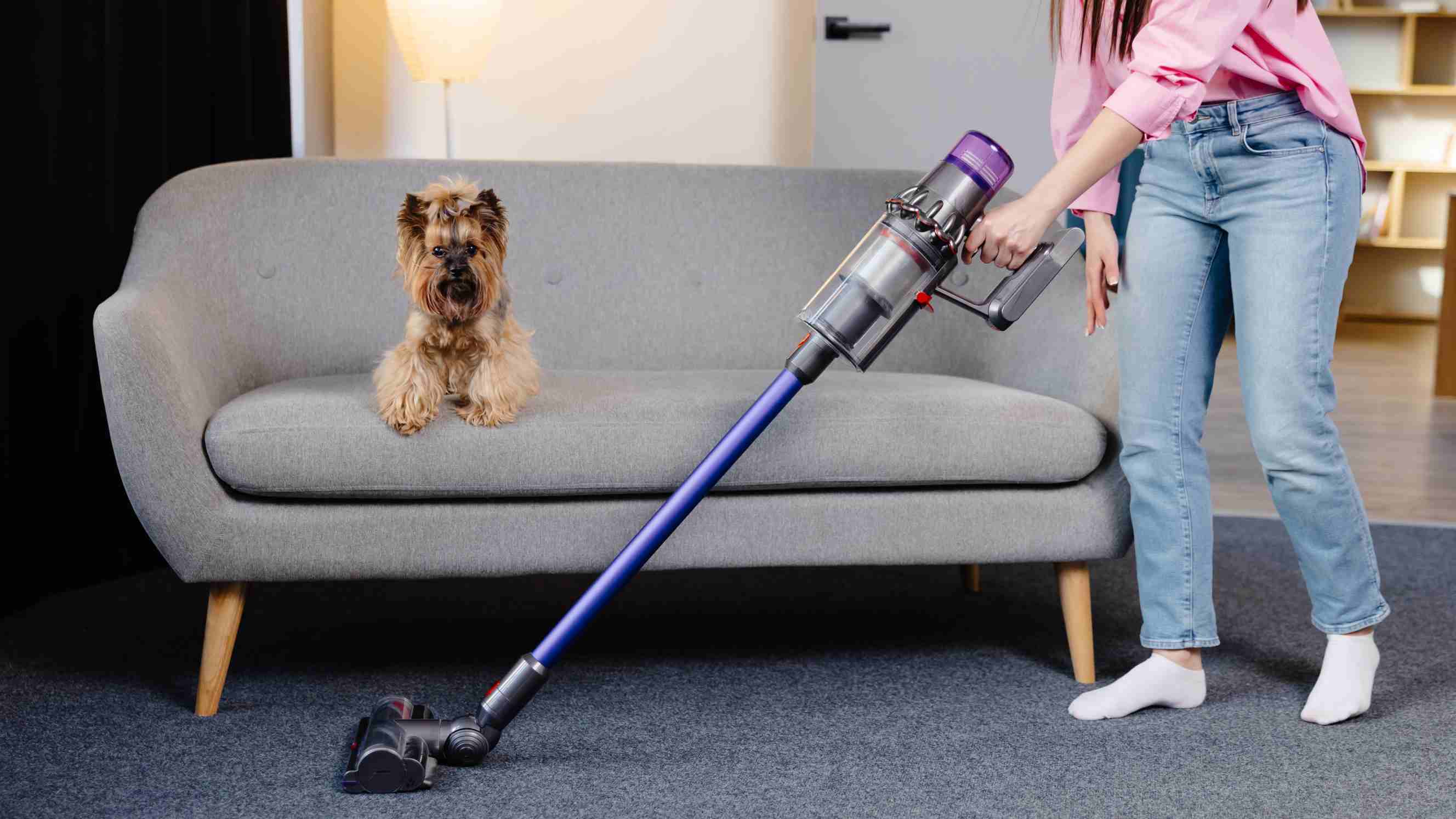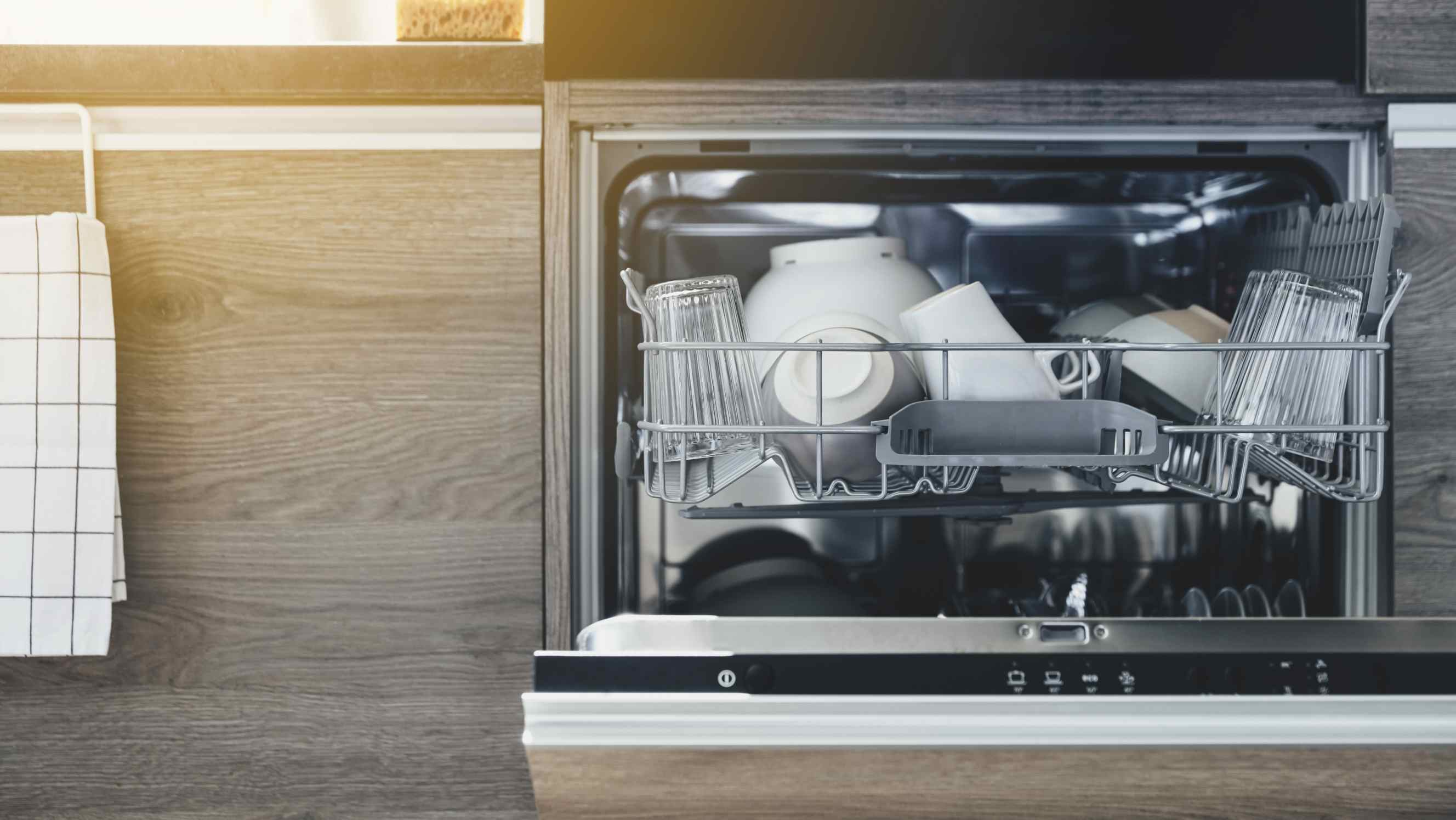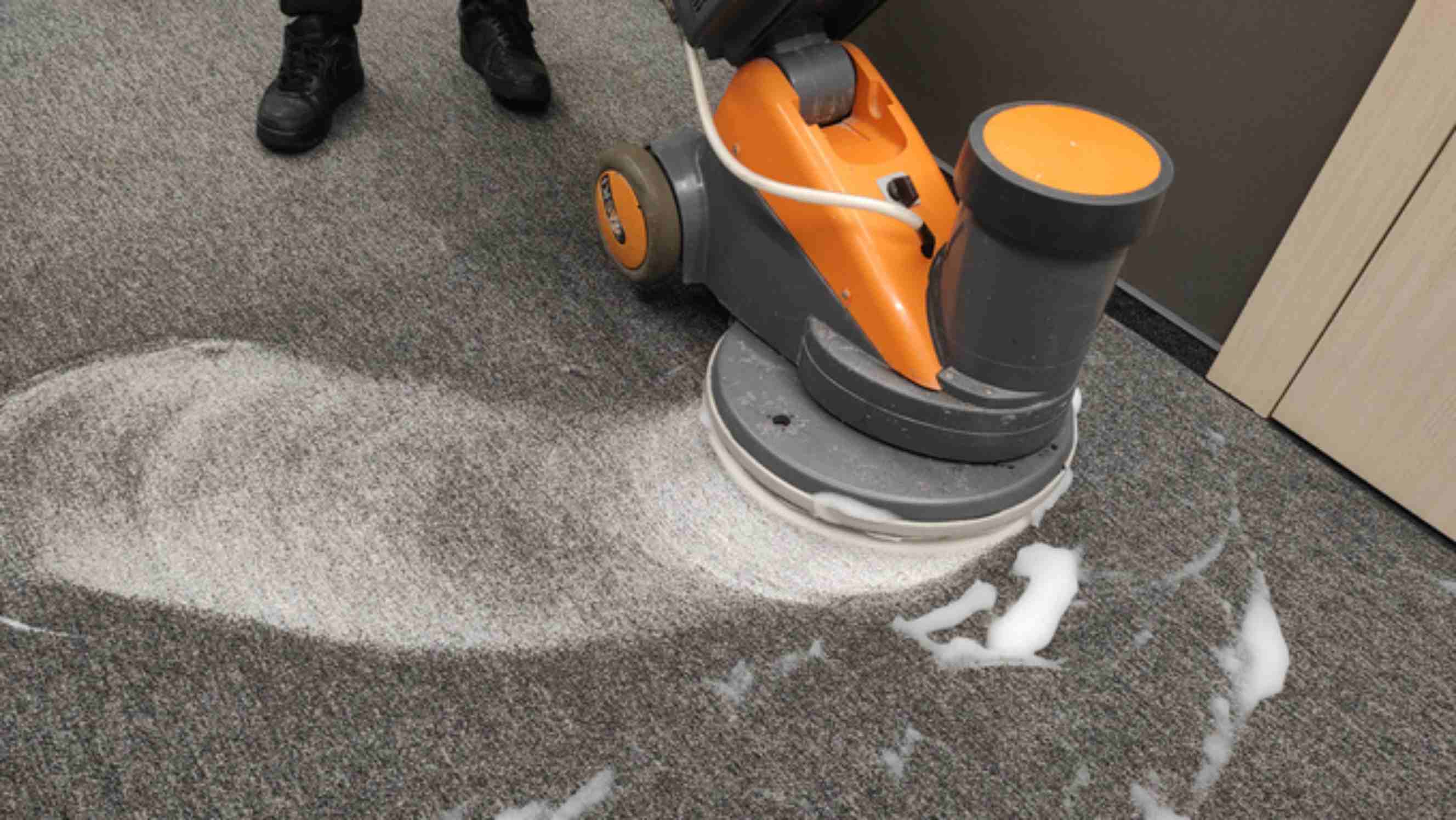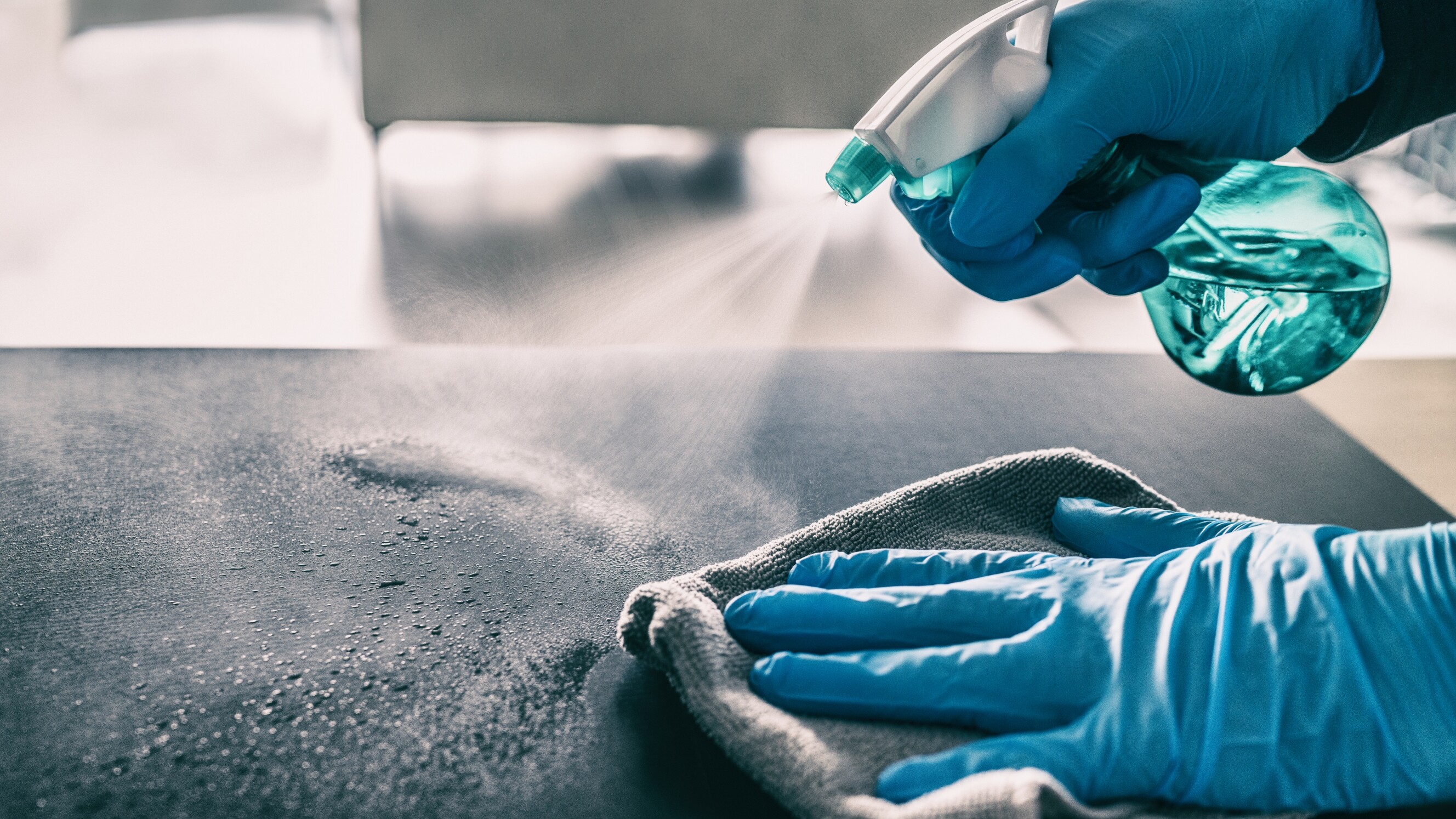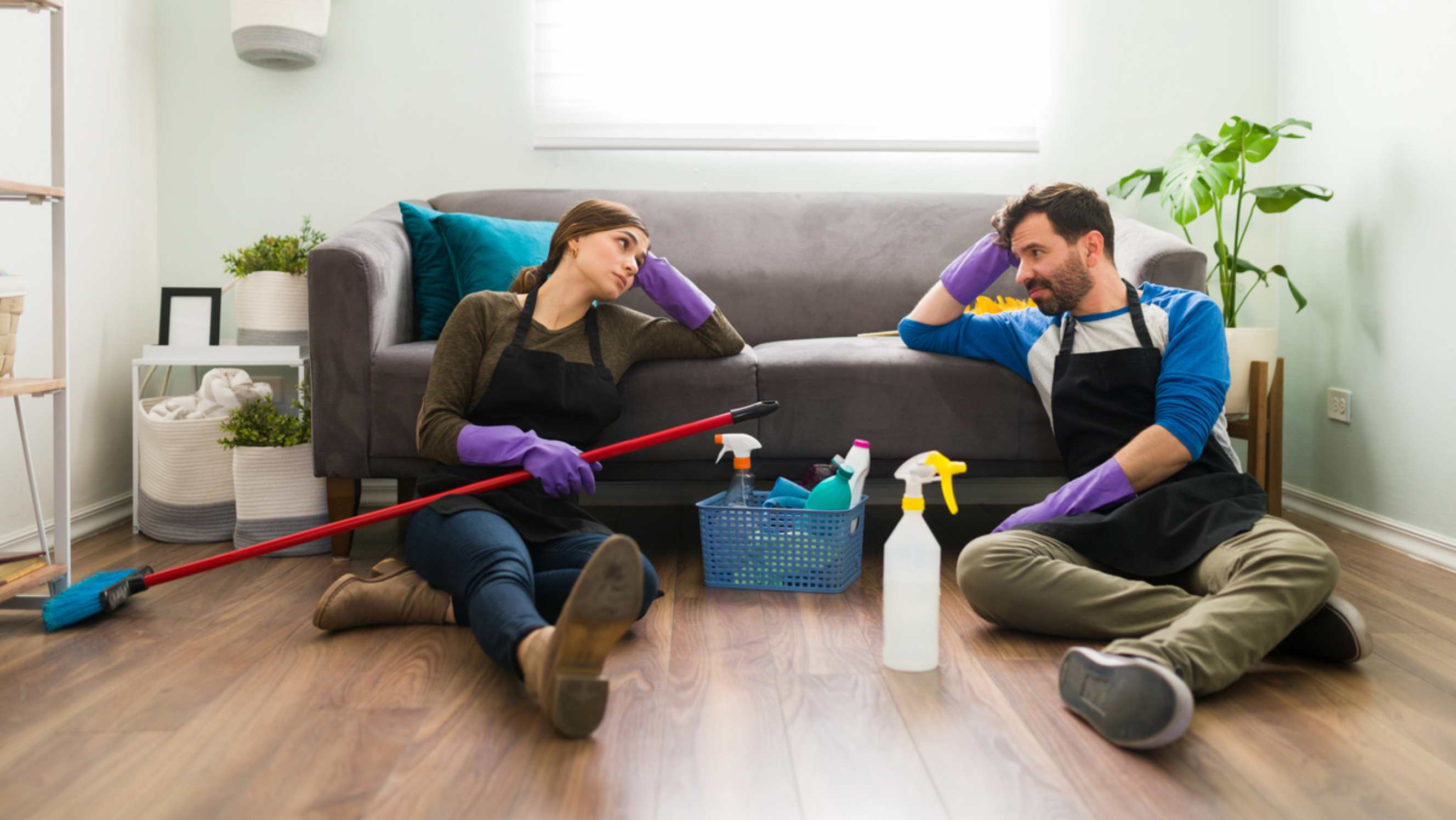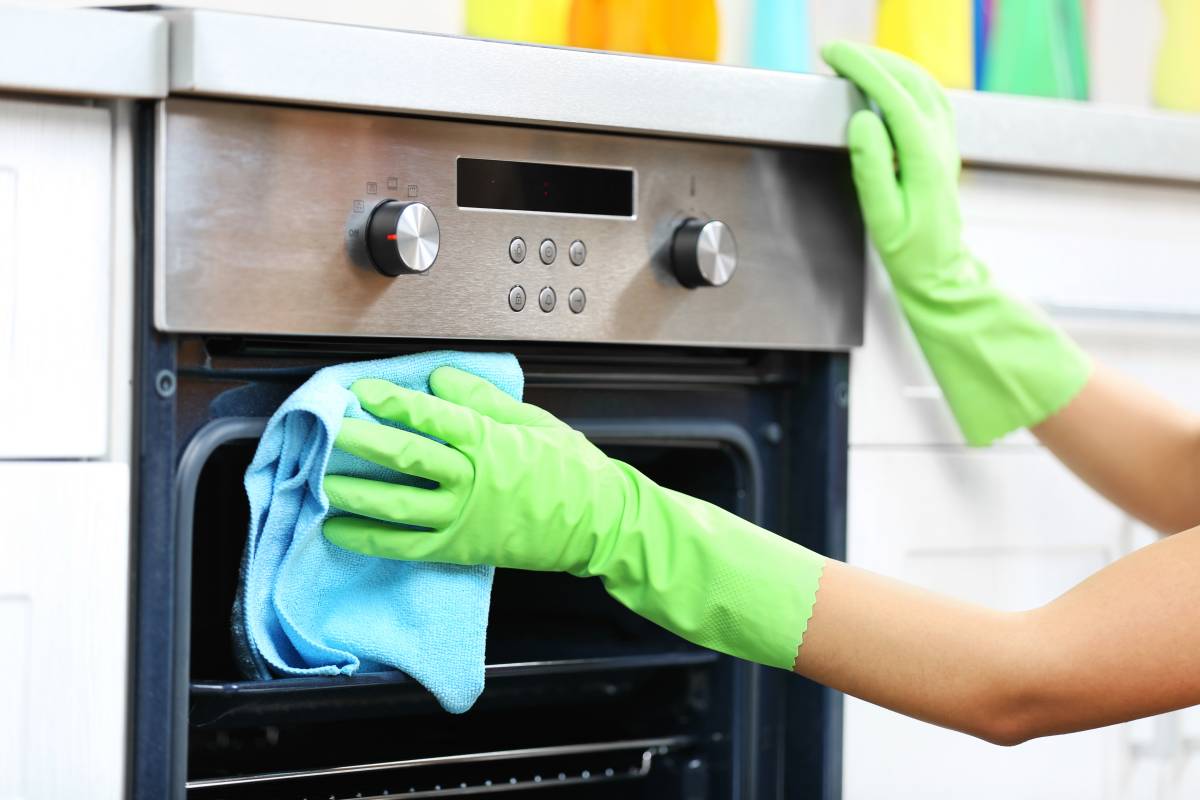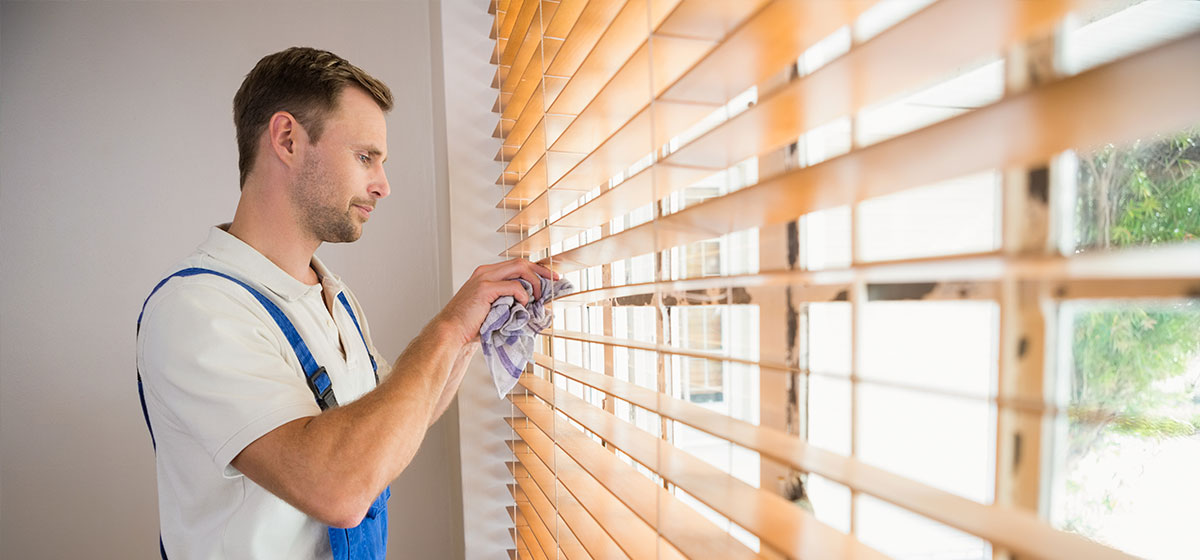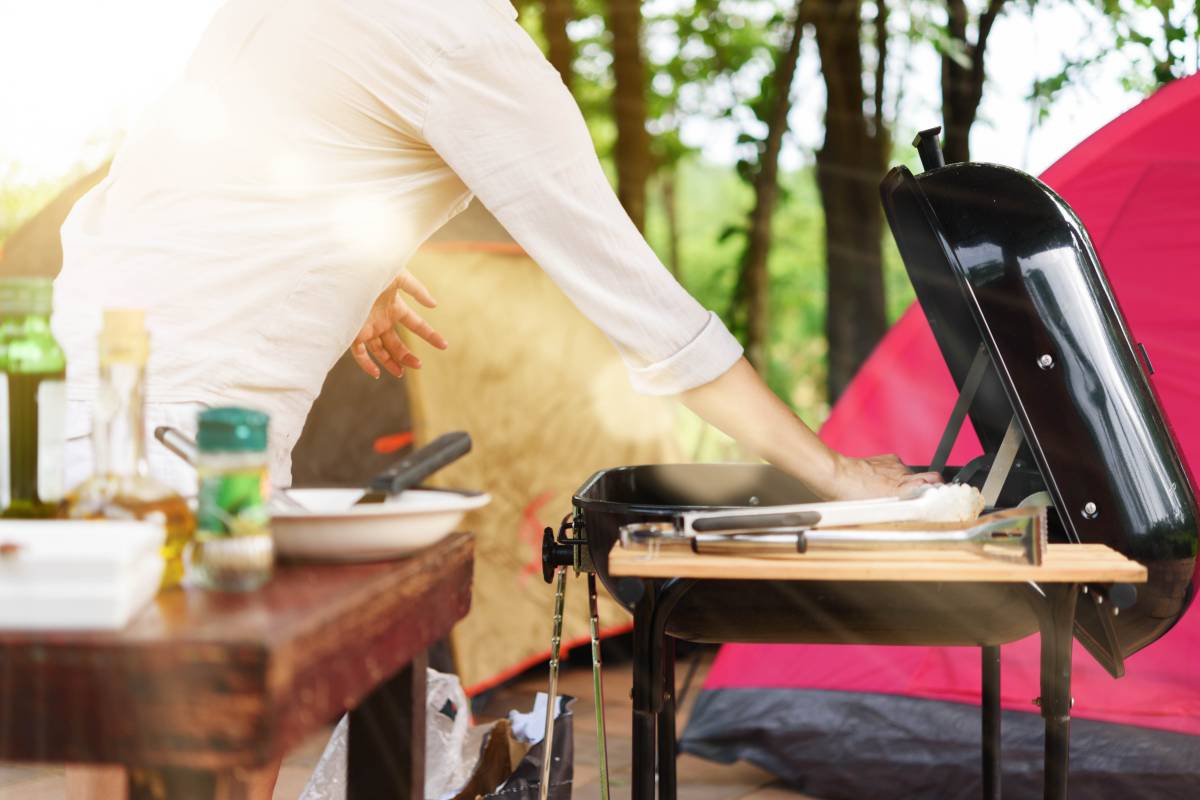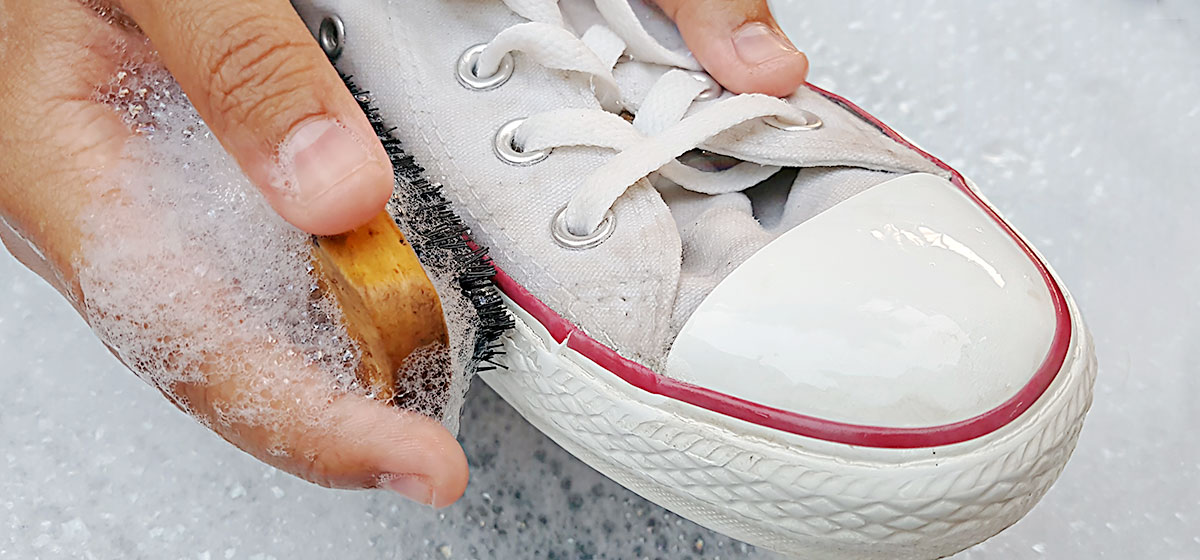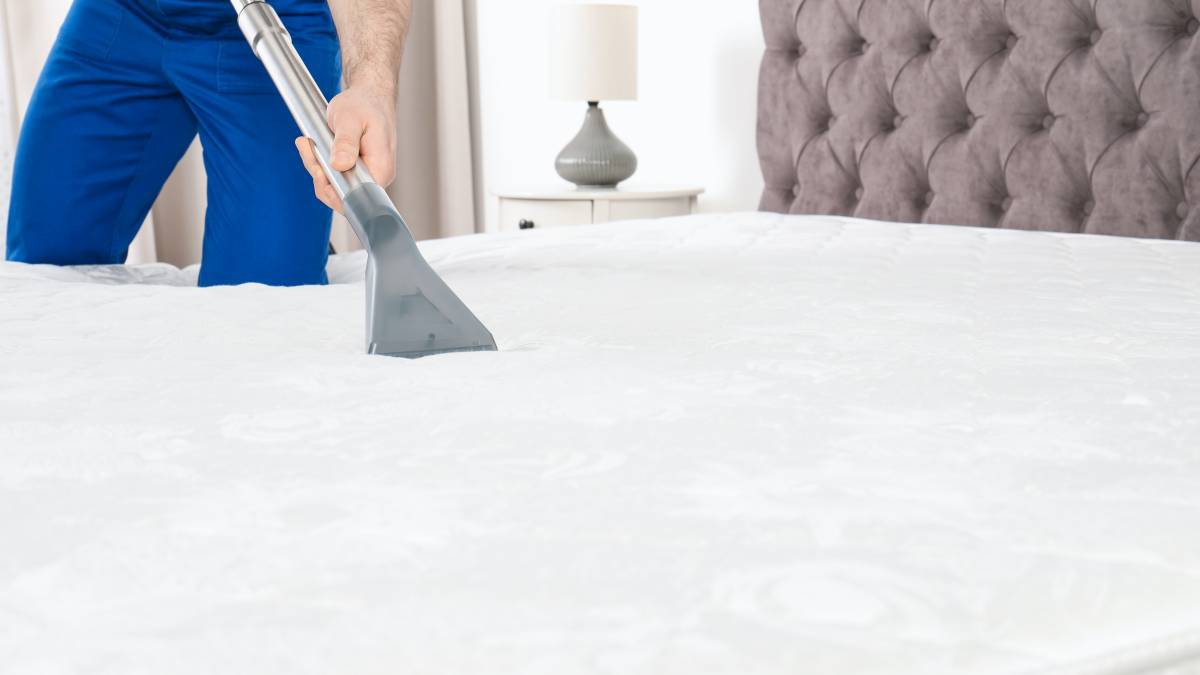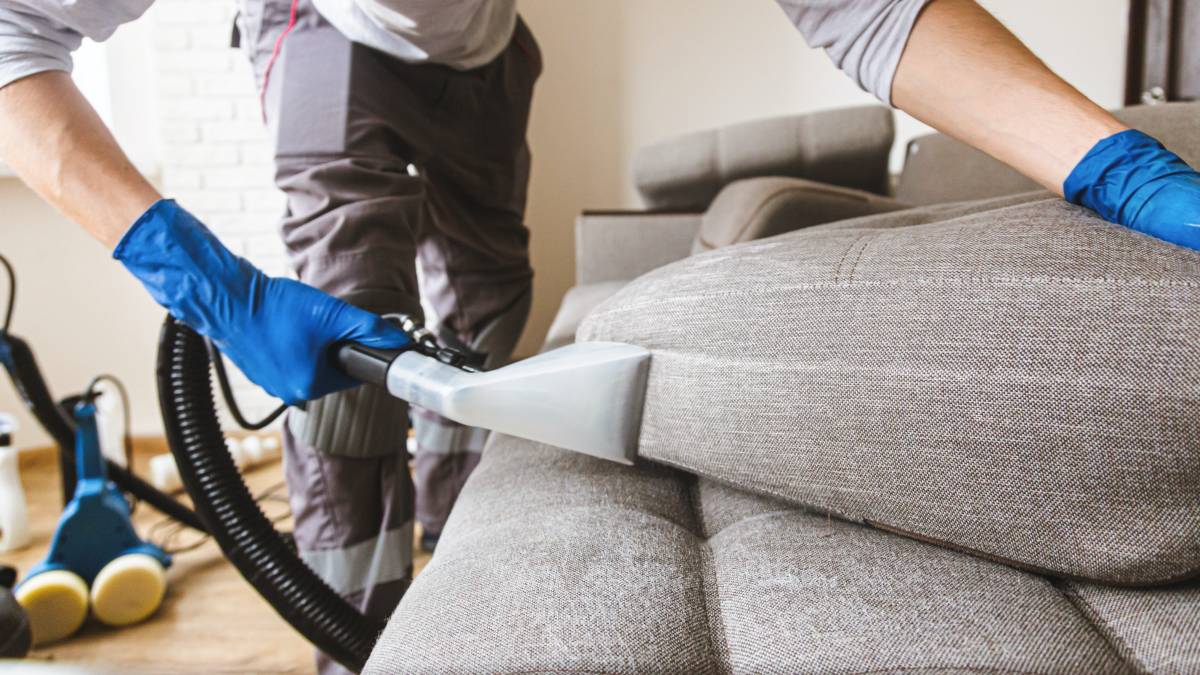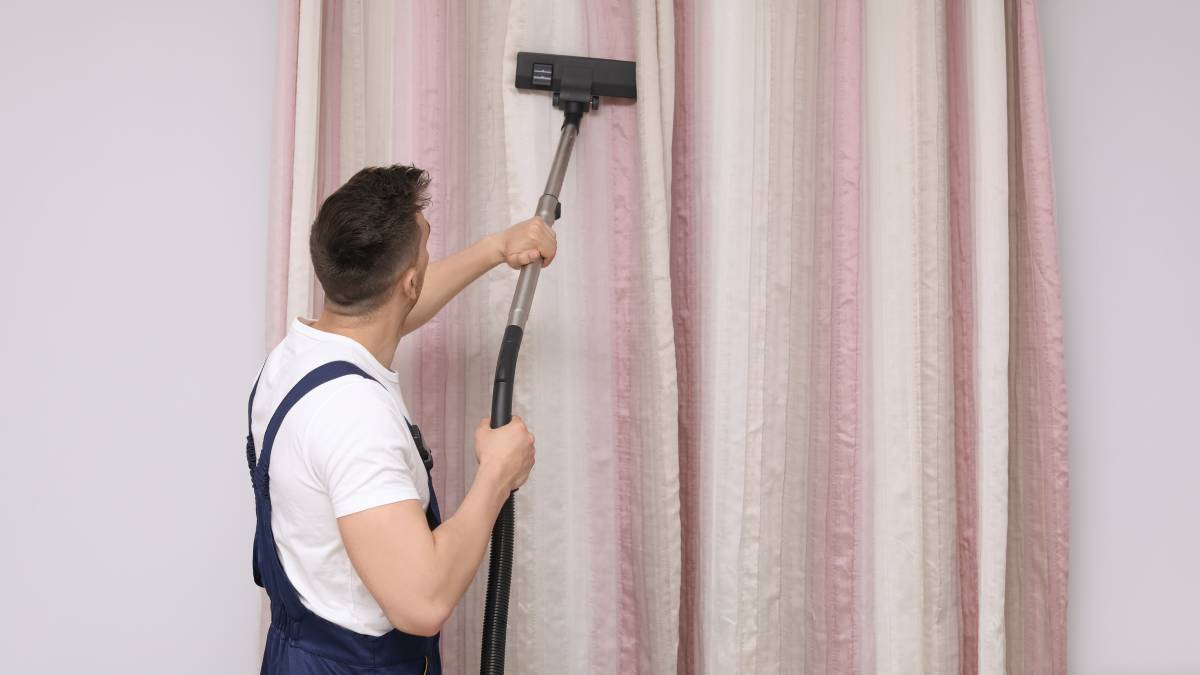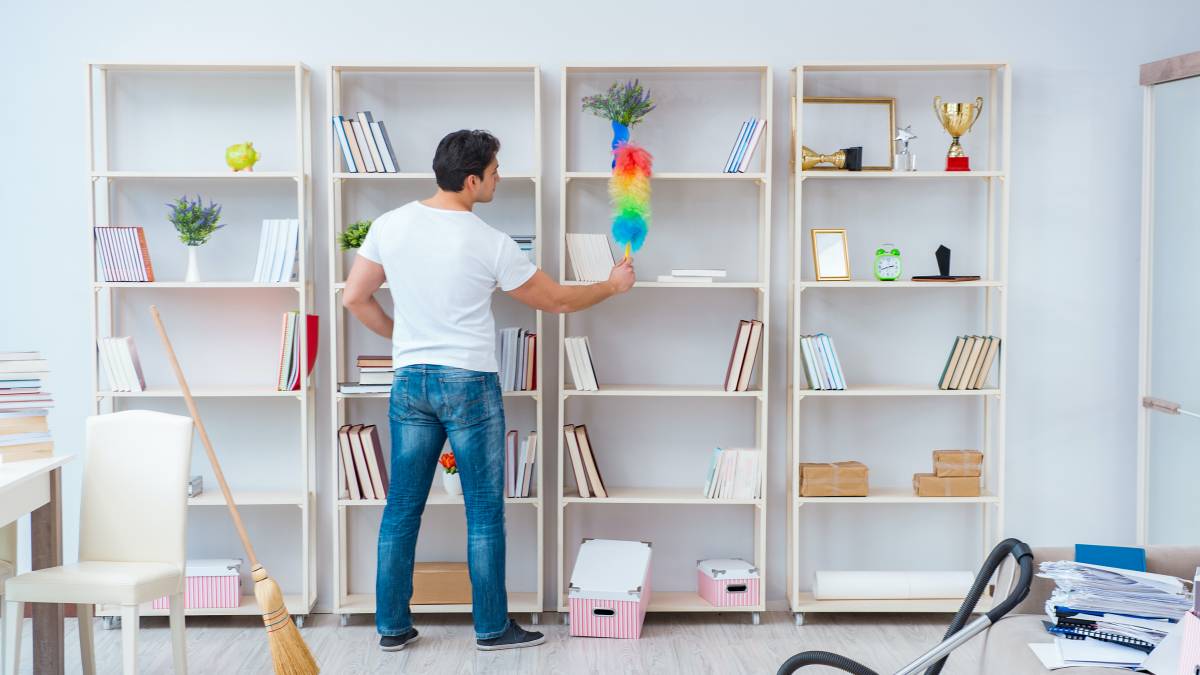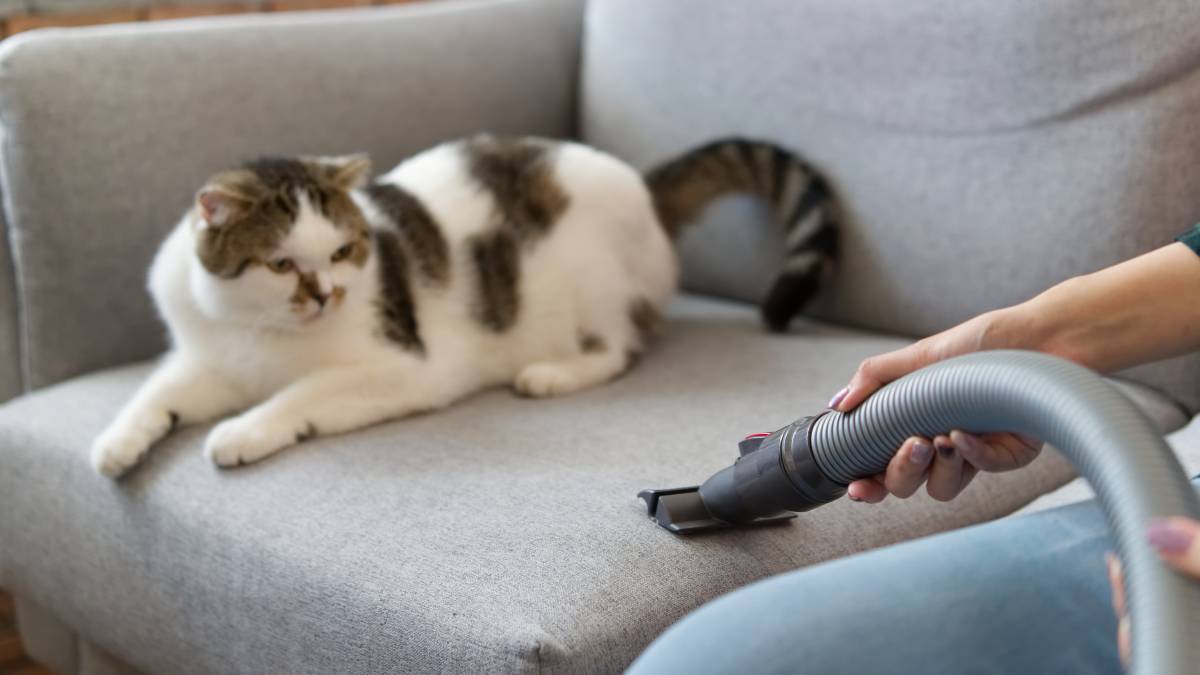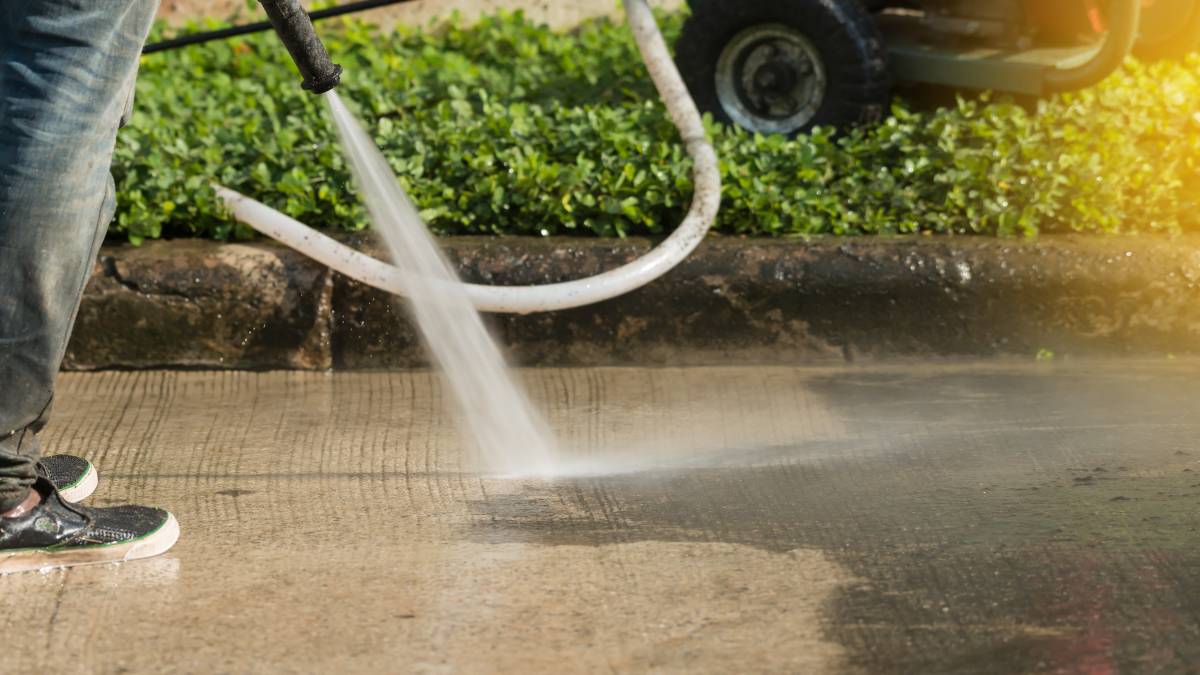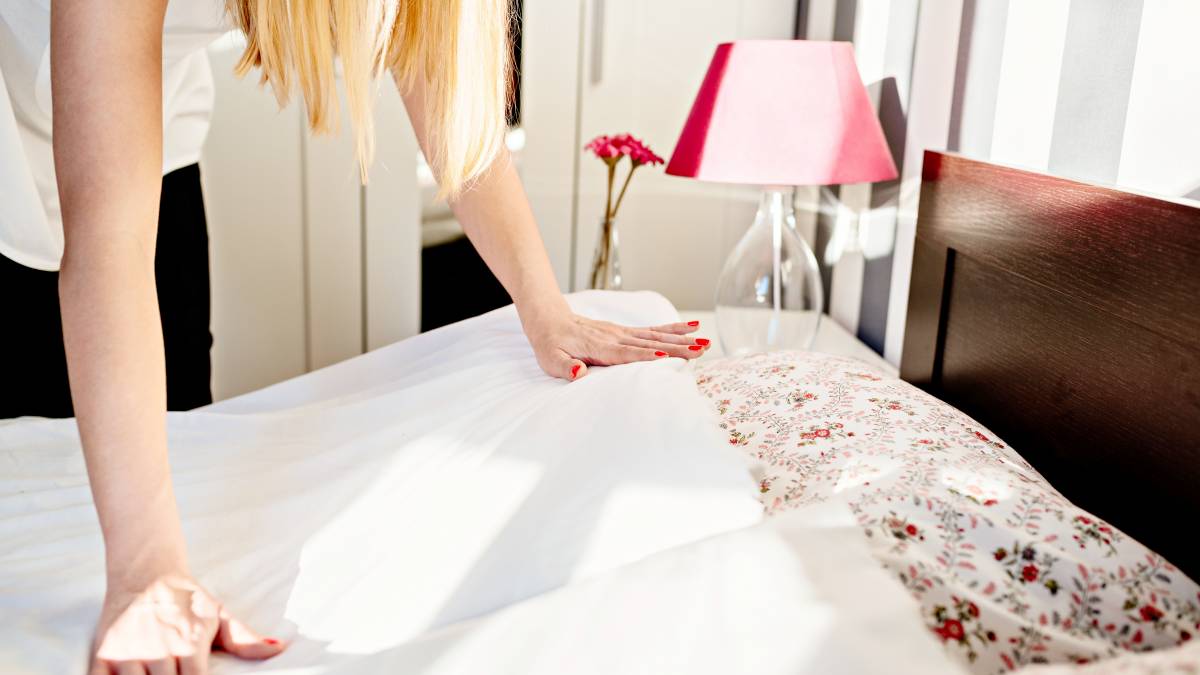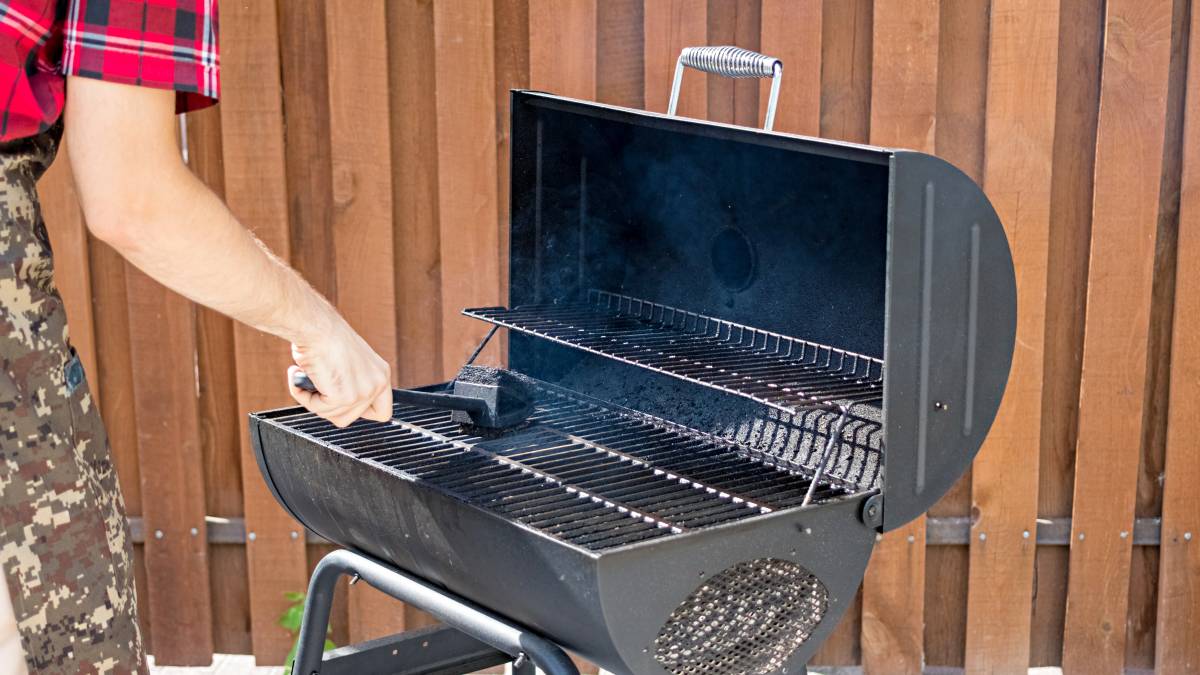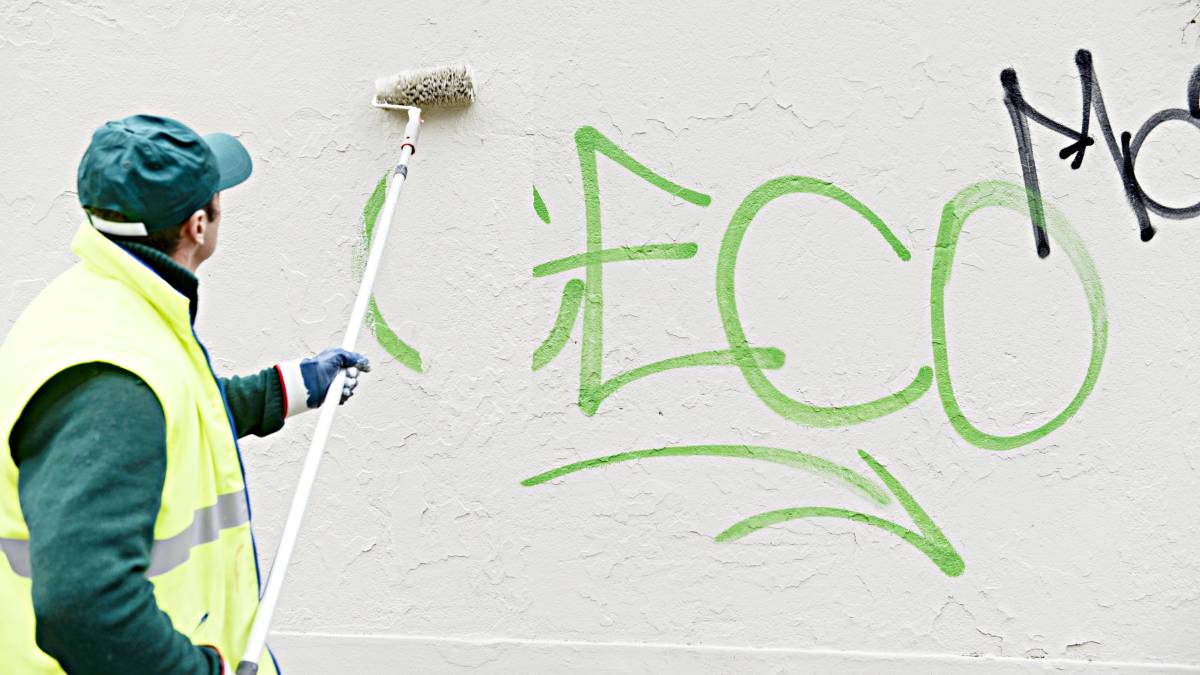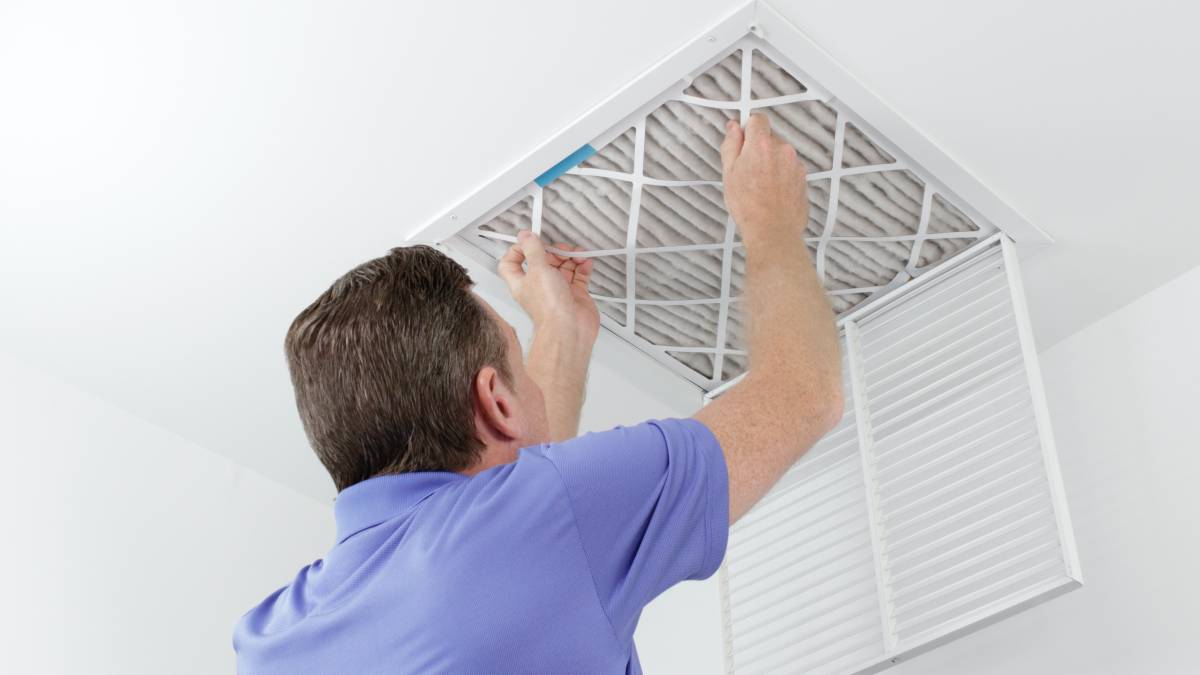- Home/
- Guides/
- Mould Removal/
- How to Get Rid of Mould
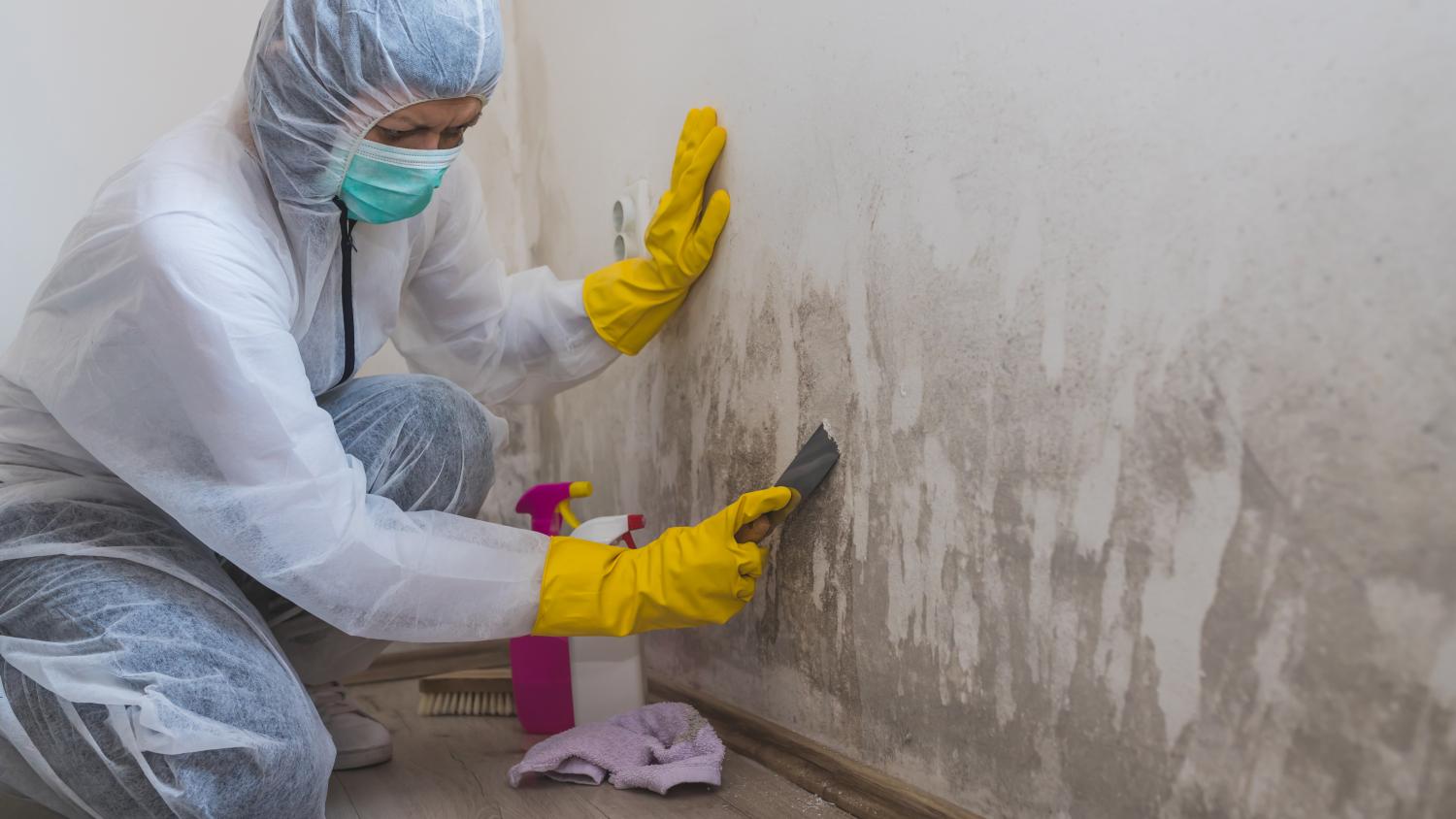
How to get rid of mould at home
Mould treatments don’t have to be costly. Follow these DIY mould cleaning hacks, or find a Tasker who can help you for a fair price.
Find a mould removal serviceLast Updated on
Mould thrives in places with frequent rainfall. But regardless of the weather, it can grow in any area with poor ventilation, including the nooks and crannies that sunlight couldn’t reach. As a result, many of us have seen mould and mildew sneak into our homes, especially in our bathrooms, walls, ceilings, and wardrobes!
If not addressed immediately, mould can ruin clothes and furniture or even cause different health concerns. So before the problem worsens, here are some DIY tips on how to get rid of mould and keep it from coming back. If the problem is widespread or beyond your DIY skills, please don’t hesitate to seek professional help.
Also read: How much does mould removal cost? |
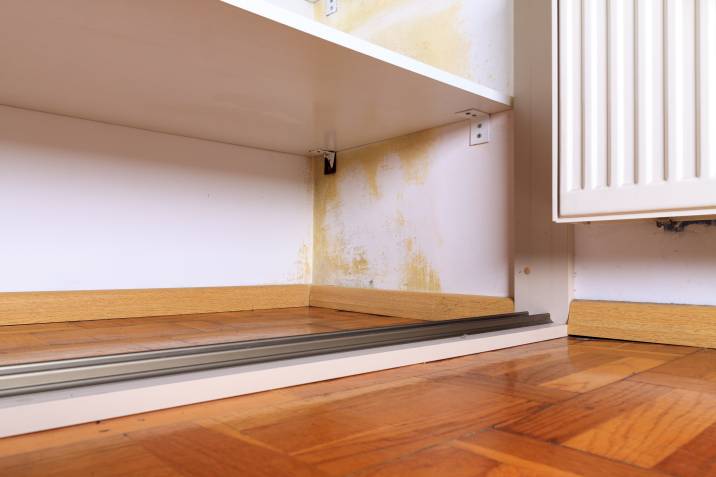
How do I know if my house has a mould problem?
Sometimes, mould is insidious; it's not always easy to spot. For example, it might be in your cupboards, behind your closet, and even in the dust jackets of your books. If you don't know where to start looking, here are some common signs of mould buildup:
- Visible mould stains or dark spots on surfaces
- Stained or spotted clothes
- Damp ceilings and warped walls
- Musty smell from walls, floors, or your air conditioner
- Frequent nasal allergies, asthma, or other respiratory problems
Supplies for DIY mould removal
- Face masks
- Goggles (especially for ceiling and walls)
- Gloves
- Newspaper
- Microfibre cloths
- Buckets
- Brooms
- Toothbrushes
- Old stockings
- Clove oil
- Vinegar
- Baking soda
- Spray bottle
How to get rid of mould on different surfaces
Removing and killing mould is a meticulous process. Plus, you must remember that different areas and items require specific cleaning methods.
If you aren't careful, your attempts to get rid of mould could damage your items or spread the mould problem. Here are the steps to remove mould from different materials, including porous and non-porous surfaces.
Washable fabric (curtains, cushions, beddings, and towels)
- Start by preparing a clove oil and vinegar mould mix. Combine one cup of salt and vinegar in 10 litres of water with three drops of clove oil. Soak the fabric overnight.
- Squeeze out the solution as much as possible, hang the material in a sunny place, and leave it until salt crusts form.
- Use a soft brush to remove the salt over a newspaper and dispose of it afterwards.
- Wash the fabric with warm water and dry it as usual.
Non-washable fabric (suede and silk)
- Put the items on newspaper sheets and leave them under the sun.
- Soak the items in a mixture of coarse salt, vinegar, and a drop of clove oil.
- Dry them as usual.
- Brush off the mould and spray some clove oil onto the items.
Leather goods
- Mix three drops of clove oil with half a cup of baby or coconut oil.
- Wipe mouldy areas in a circular motion.
- Soak the items and dry them in an airy location.
| Related: How to clean a leather couch |
Carpets
- Mix three drops of clove oil, half a cup of vinegar, and five cups of water. Apply the solution using a spray bottle, then sprinkle some salt onto the carpet.
- Dry it overnight and then vacuum it.
- Repeat the process if necessary.
|
Related: How much does carpet cleaning cost? |
Grout
- Dip a toothbrush or grout brush in a mixture of vinegar, three drops of clove oil, and half a cup of baking soda.
- Brush the grout thoroughly.
- Spray the solution onto the surface and leave it to dry.
| Related: How much does tile and grout cleaning cost? |
Cupboards
- Hang a stick of chalk with a ribbon to absorb moisture.
- When the chalk becomes damp, hang it outside to dry.
- Reuse the chalk.
Walls and ceilings
- Mix three drops of clove oil, half a cup of vinegar, and five cups of water.
- Use a clean broom and a stocking to absorb the solution.
- Sweep the mouldy area.
- Allow it to dry.
- Every month, spray the walls or ceiling with a solution of three drops of clove oil and one litre of water.
How to prevent mould from coming back
- Ensure adequate ventilation by opening your doors and windows on dry or sunny days.
- Insulate your ceilings to prevent condensation.
- After a rainstorm, check for leaks and water accumulation on your roof.
- Dry all wet areas.
- Keep your indoor plants dry.
- Wipe away condensation.
- Use a dehumidifier; set it to less than 55% humidity.
Is DIY mould removal enough?
Dealing with severe mould growth (and preventing them from coming back) is no easy task. If your home’s mould spores problem is too far gone, the best solution is to hire an expert. Fortunately, plenty of Taskers specialising in mould removal can do the job well for you. And you can finally say goodbye to your mouldy blues!
FAQs on mould removal
Bleach only masks the mould and its traces, but it won't be enough to get rid of it entirely. More often than not, bleach also doesn't penetrate porous materials like wood. This means you only get to “remove” the visible mould above the surface and not all the way through.
It's best to talk to your landlord if you see signs of mould buildup in your rented home. You can also visit tenants.org to learn about your rights and responsibilities as a renter.
Both mould and mildew are fungi, and mildew is also a type of mould. Though both of them thrive in warm and moist spaces, mould is more insidious and hazardous – making it more challenging to remove.
Proper ventilation is the key. A simple solution is to get a dehumidifier or configure your air conditioner to the dry setting. These appliances can filter out room moisture, collecting the water in small buckets. If you're unsure where to put your dehumidifier, move it around your home or leave it in each room for a day or two for optimal coverage.
Find mould removal services, fast
Find a mould removal service
Related articles

How to get rid of mould at home
Read more
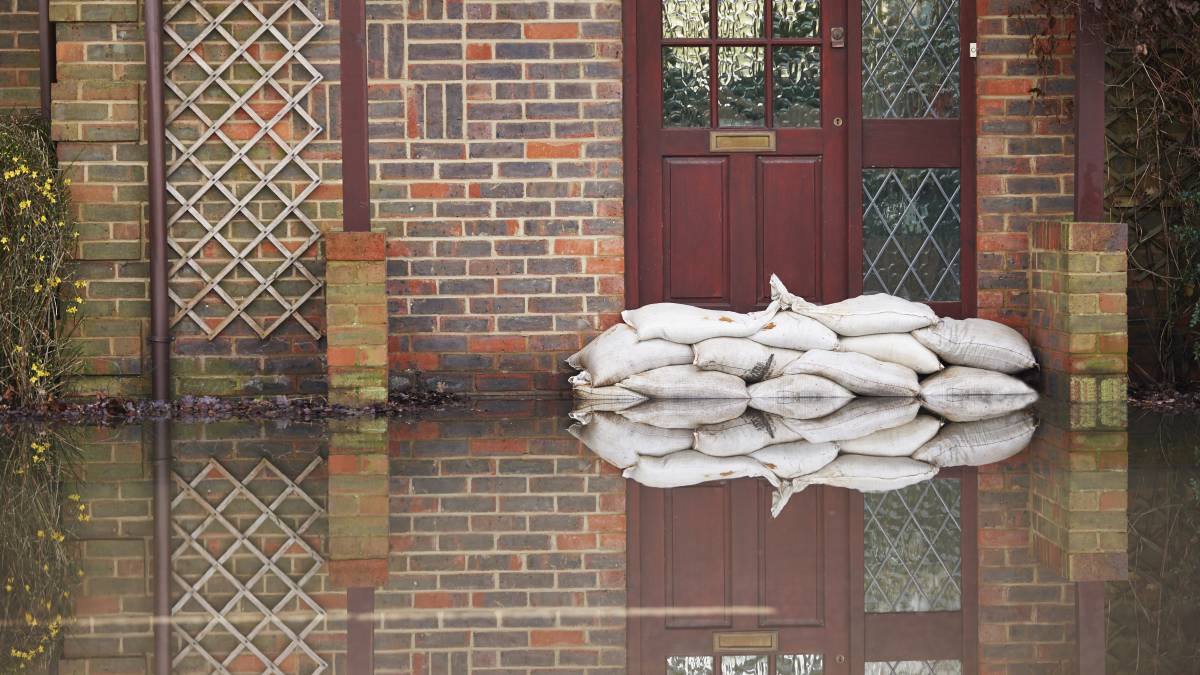
How to clean your home after a flood
Read more
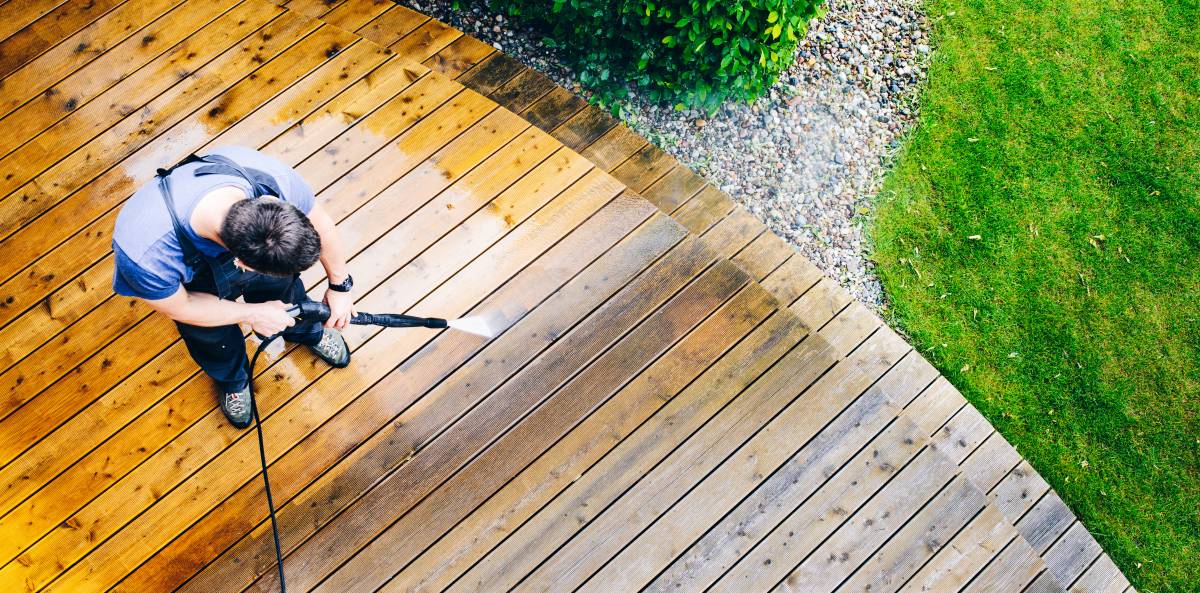
How to price pressure washing jobs
Read more
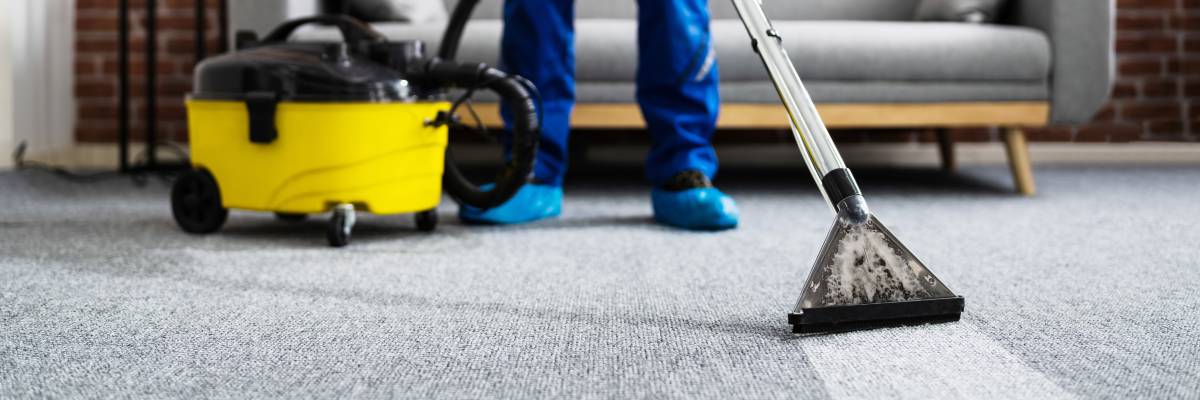
How to become a housekeeper
Read more
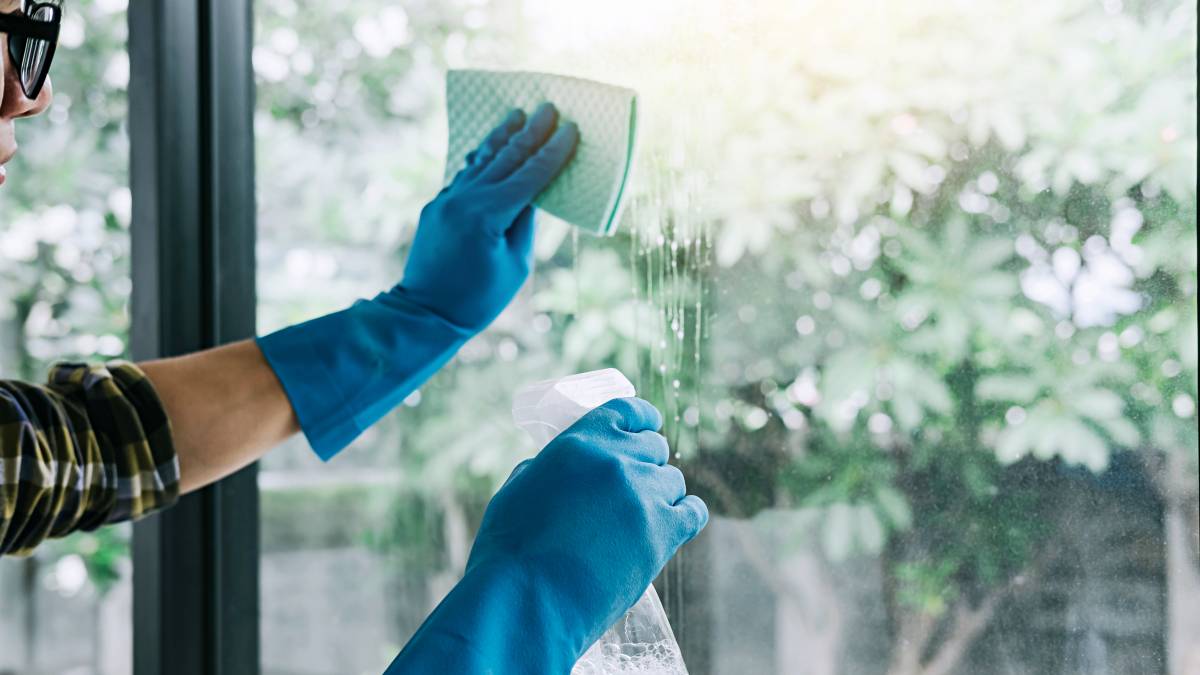
How to price cleaning jobs
Read more

How to get a cleaning certificate
Read more
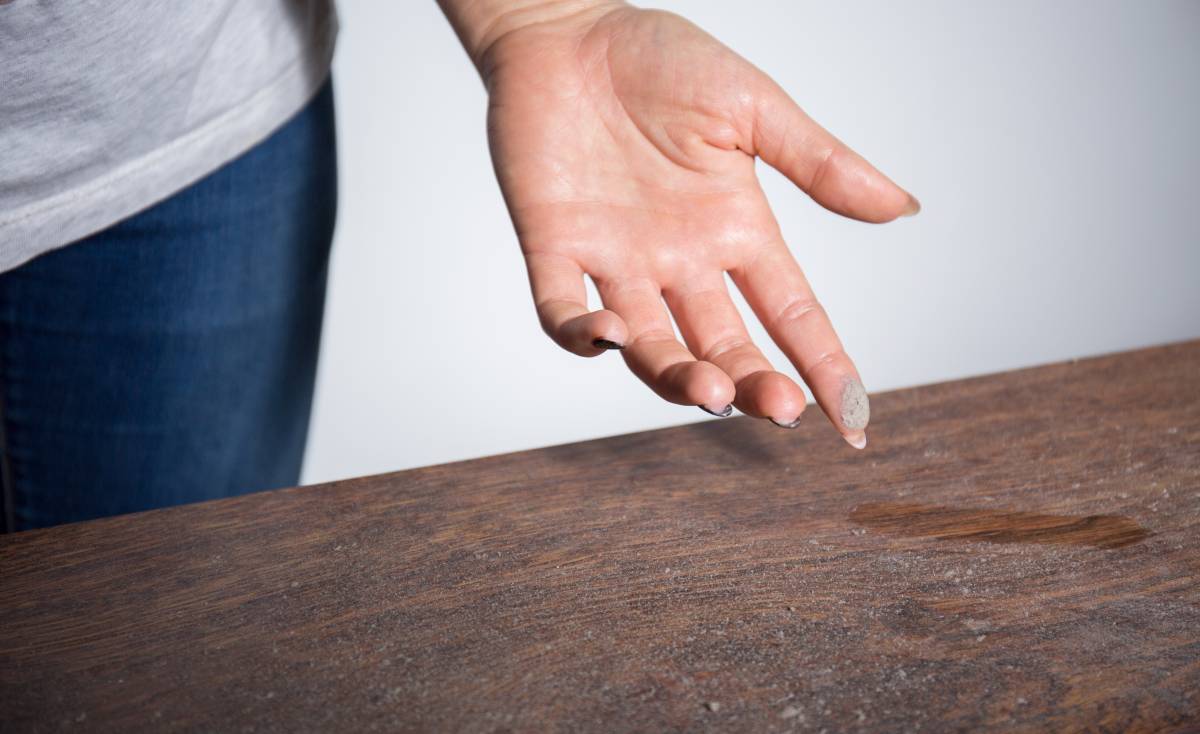
How to get rid of dust in your home
Read more
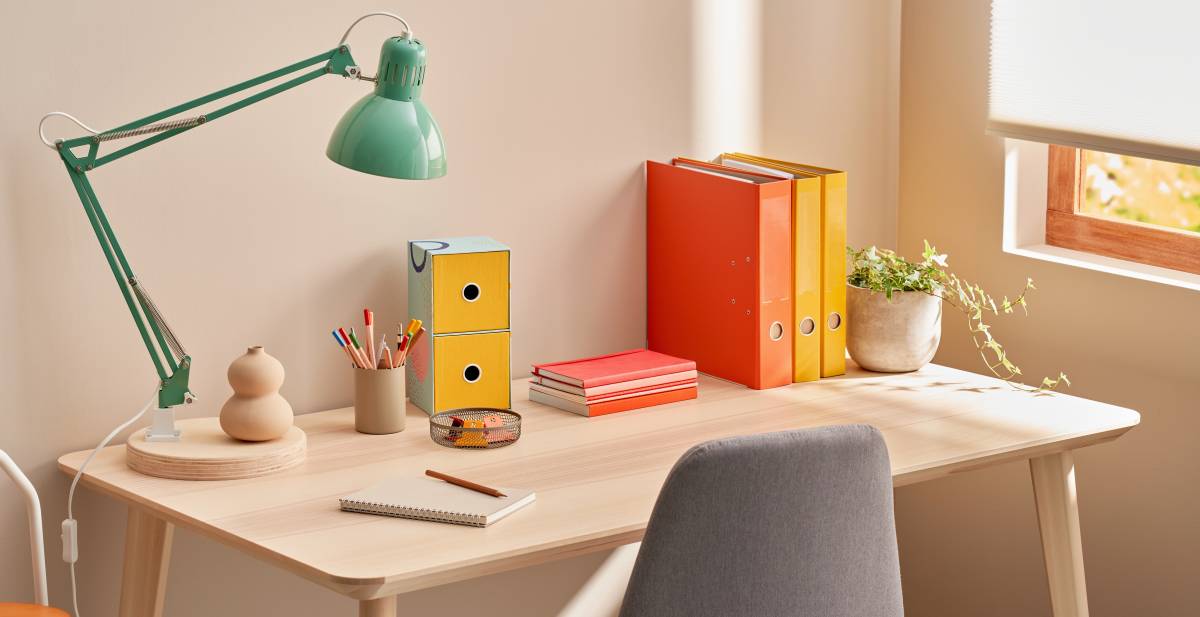
How to keep dust off your desk
Read more
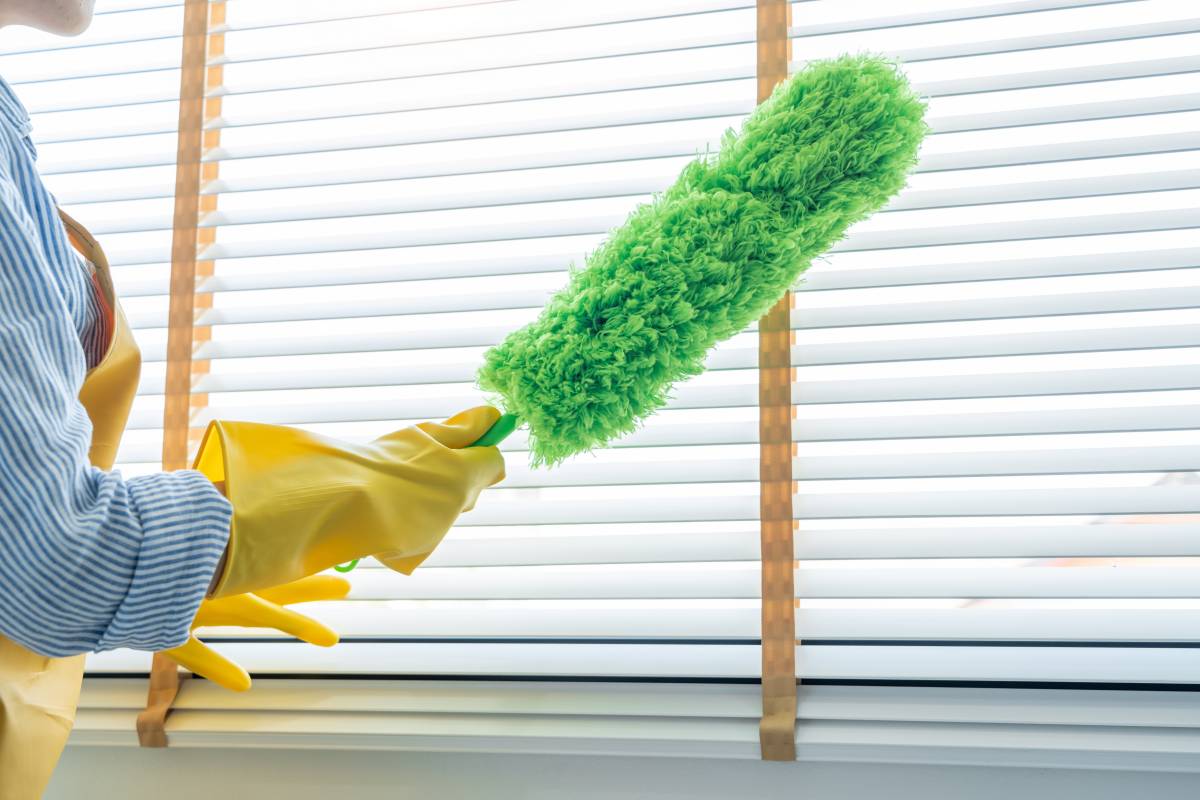
How to clean a duster
Read more
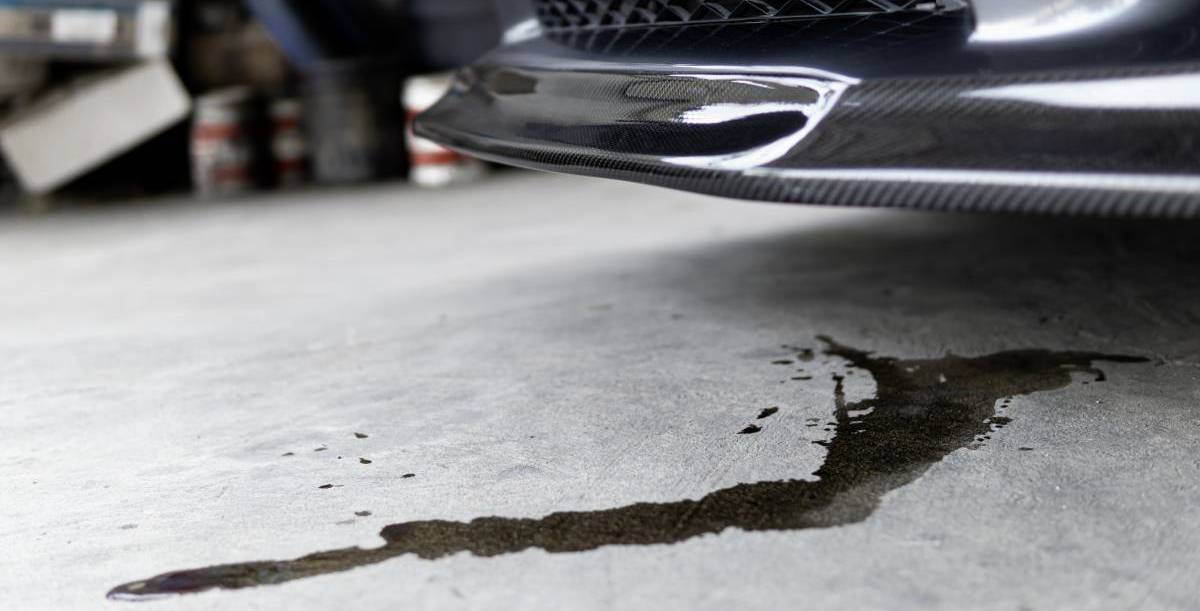
How to clean a garage floor
Read more
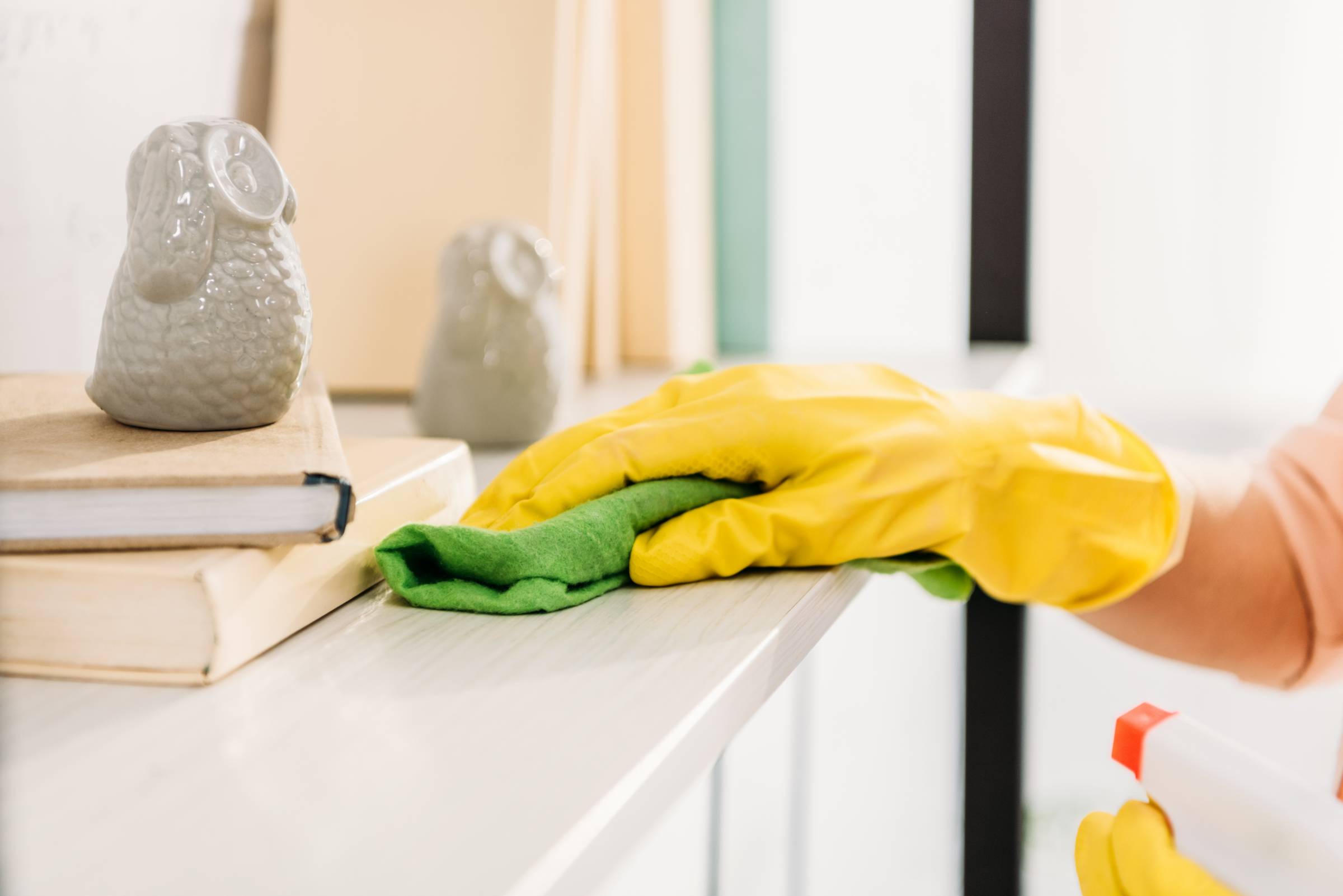
The ultimate spring cleaning checklist
Read more
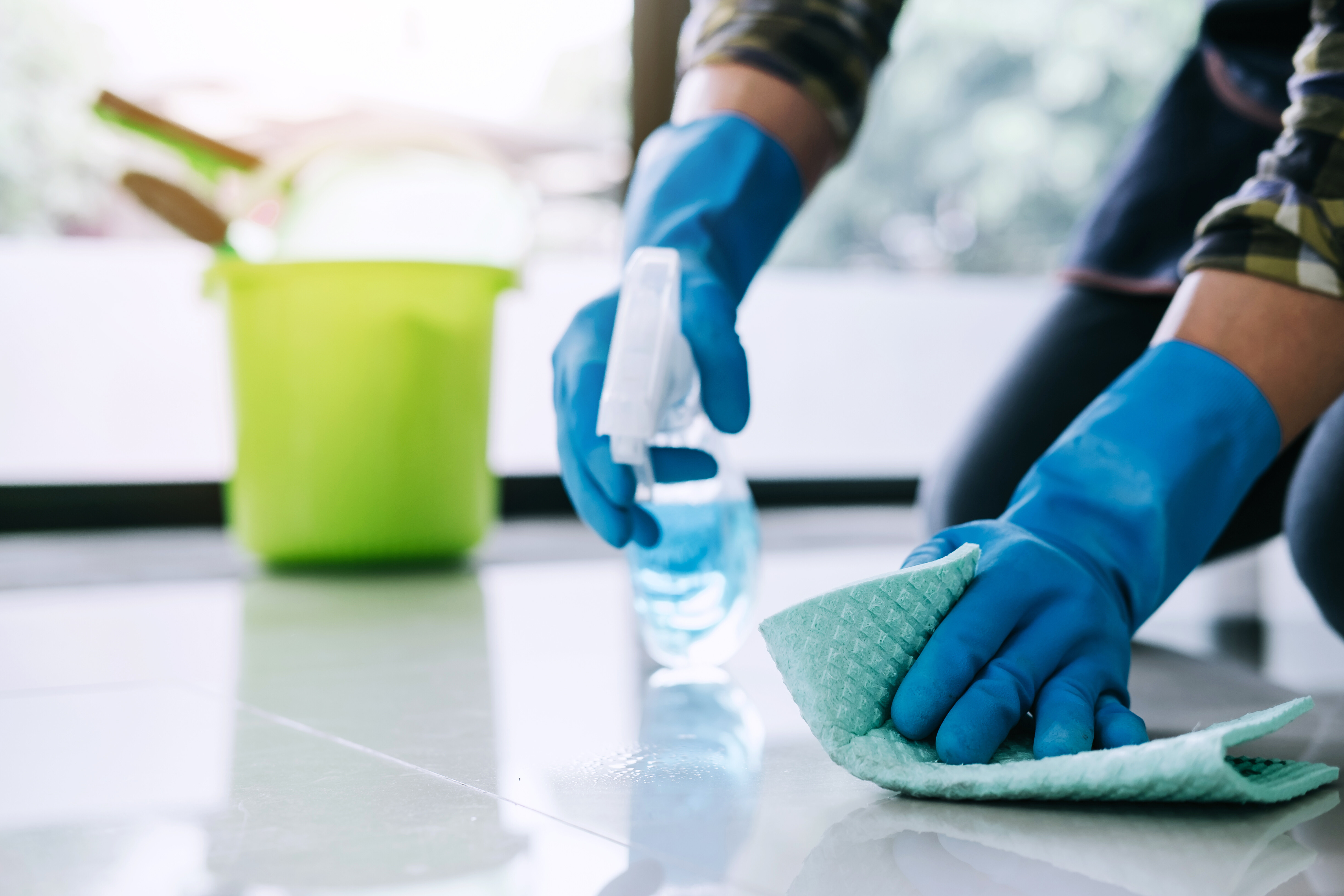
End of lease cleaning checklist
Read more
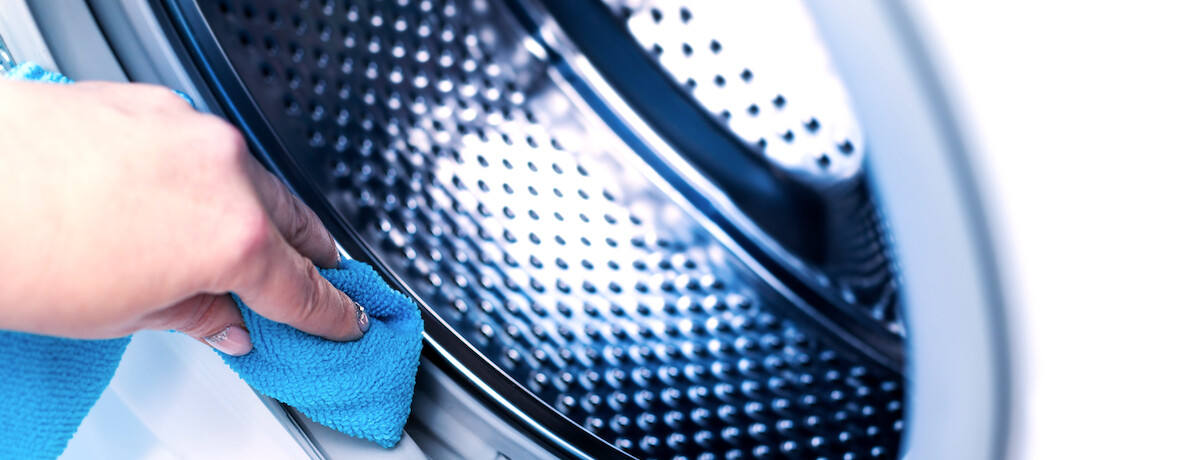
How to best clean a washing machine
Read more
Related price guides
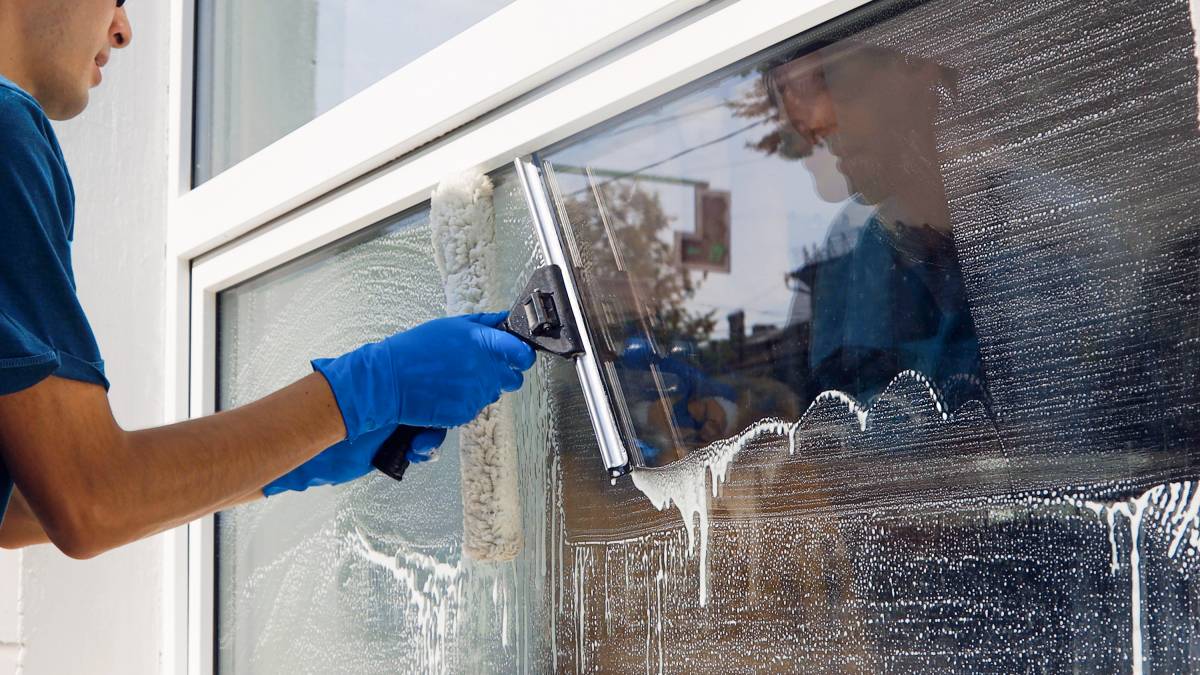
How much does a cleaner cost?
Read more

How much does office cleaning cost?
Read more
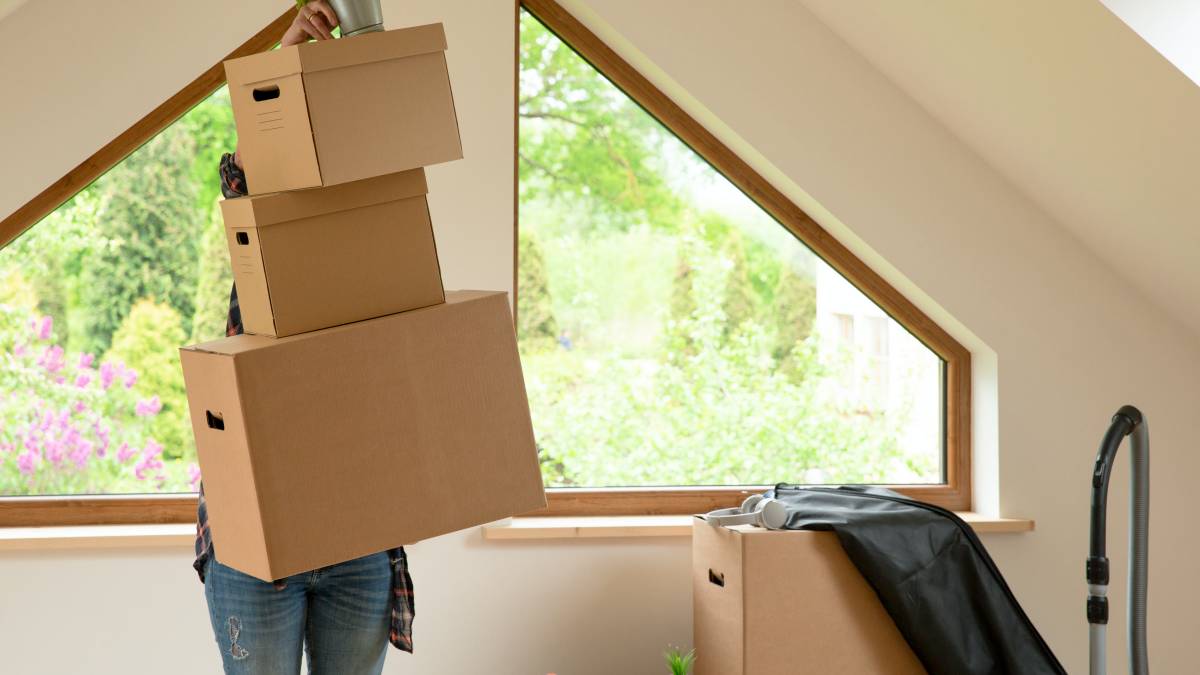
How much does attic cleaning cost?
Read more
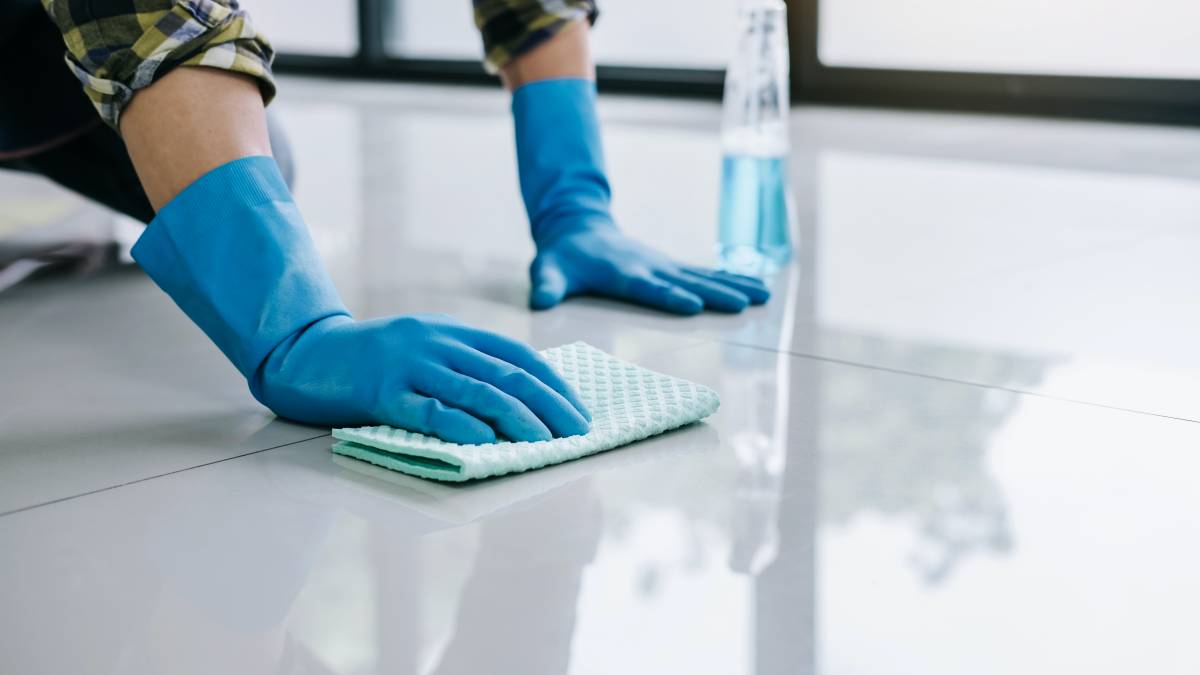
How much does floor cleaning cost?
Read more
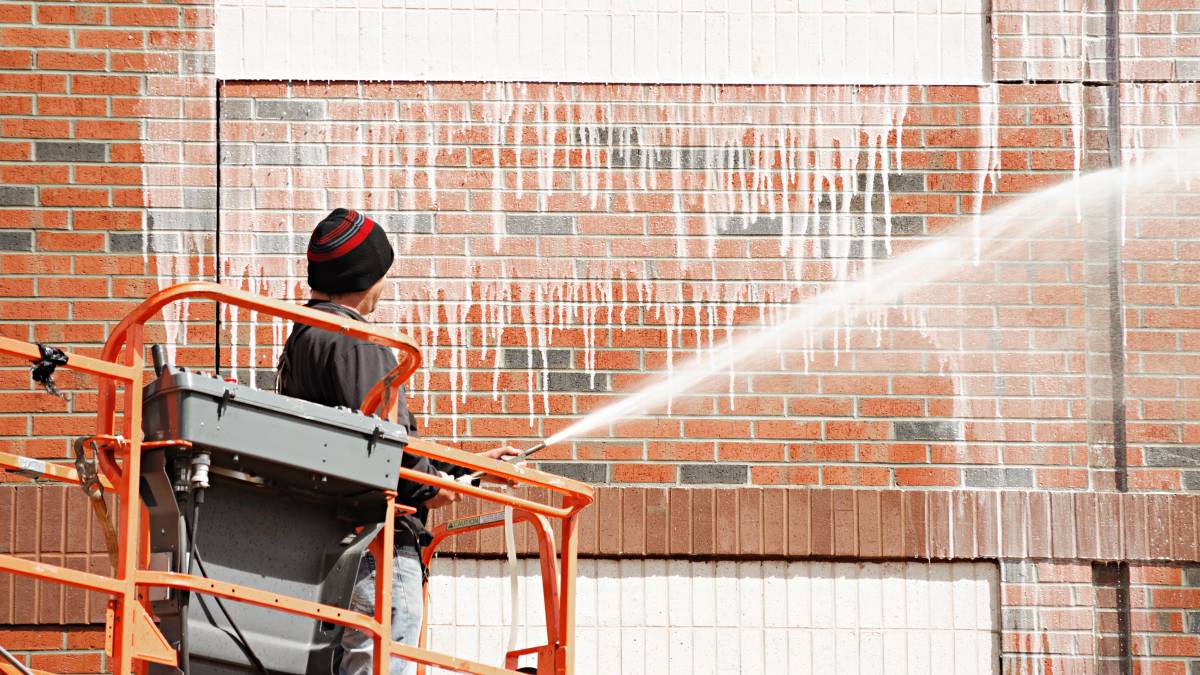
How much does brick cleaning cost?
Read more
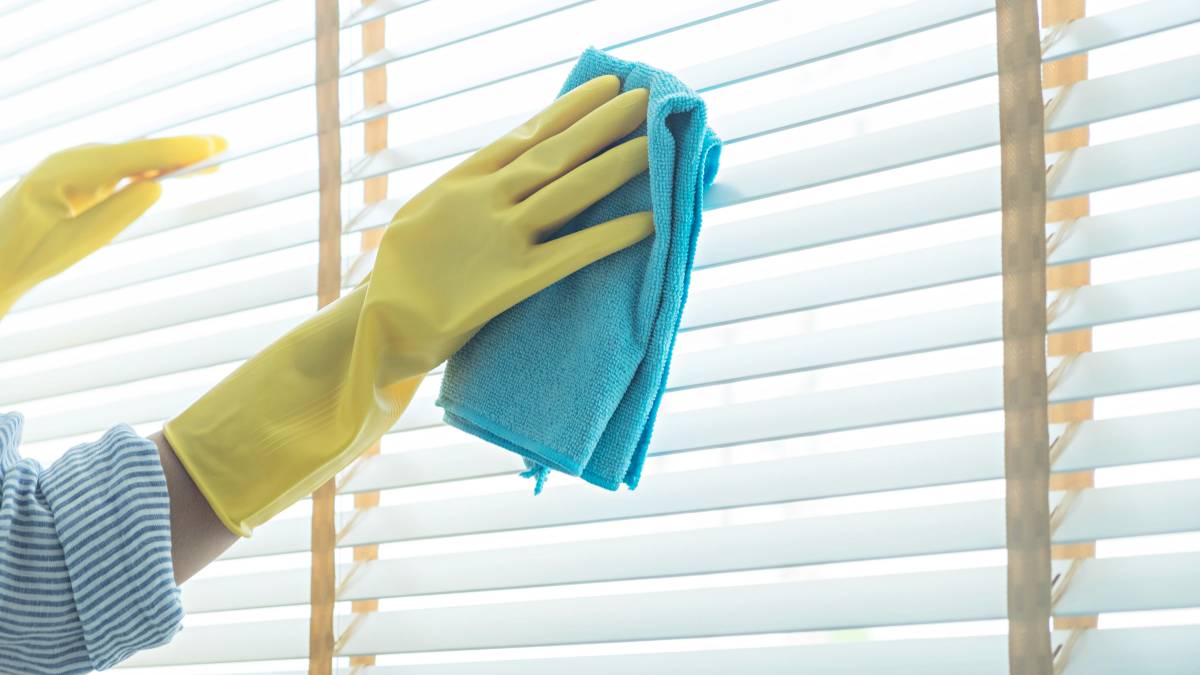
How much does blind cleaning cost?
Read more
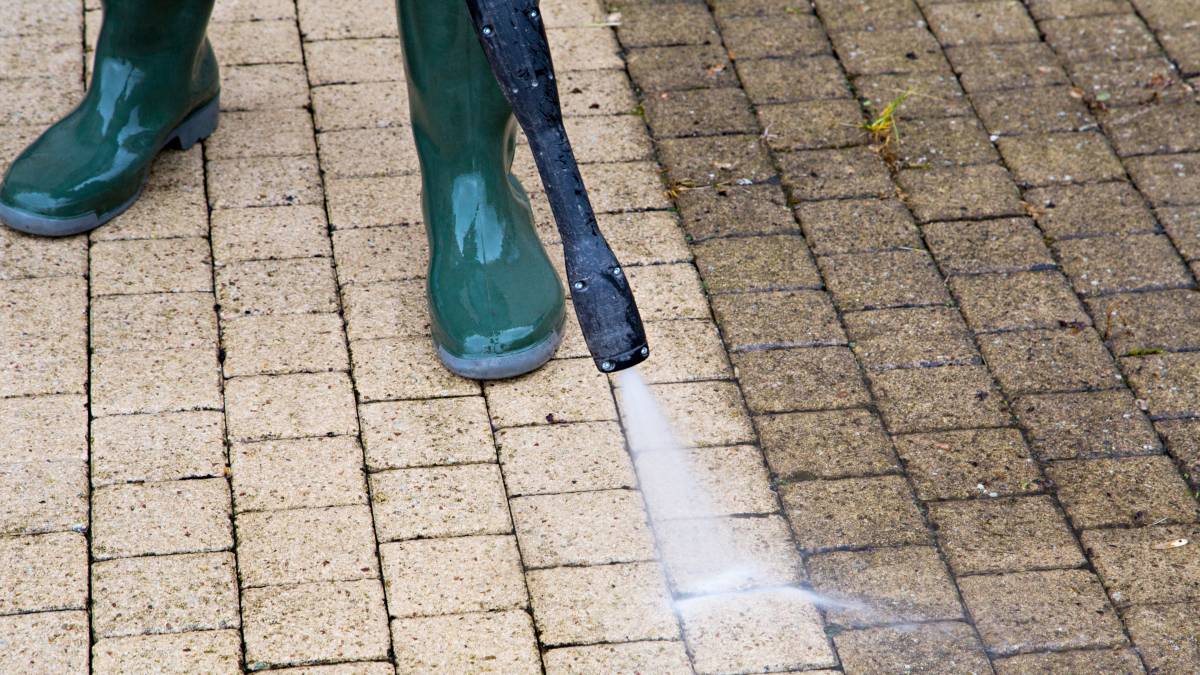
Pressure washing prices in Australia
Read more
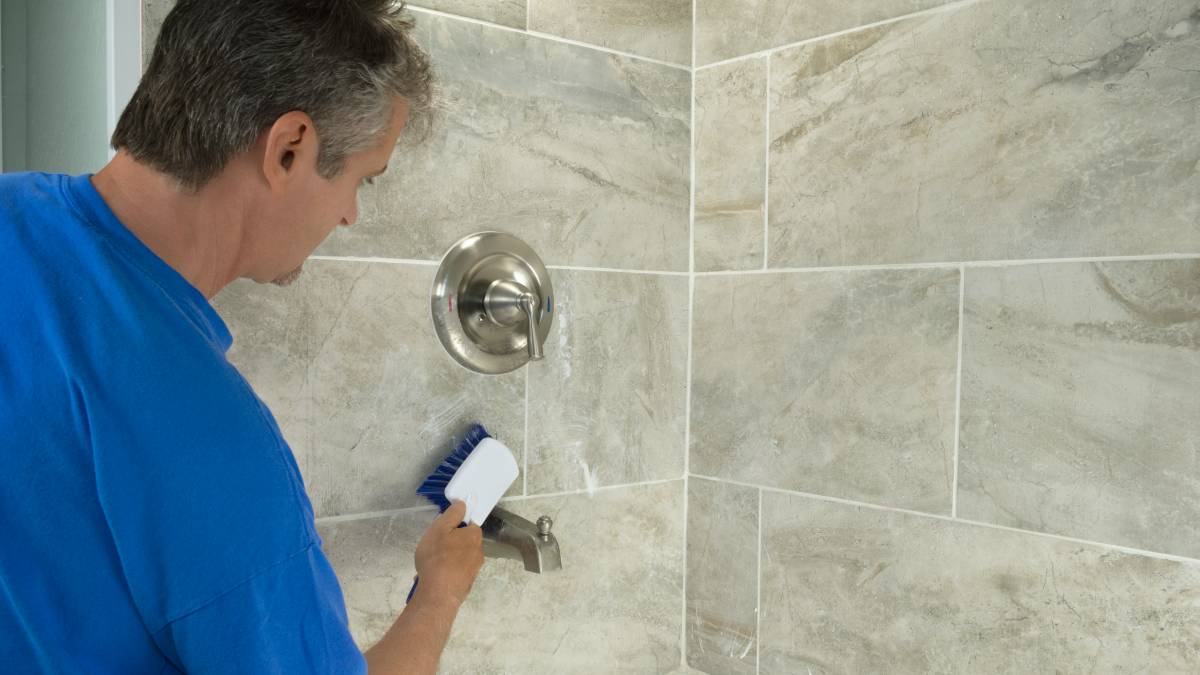
How much does tile cleaning cost?
Read more
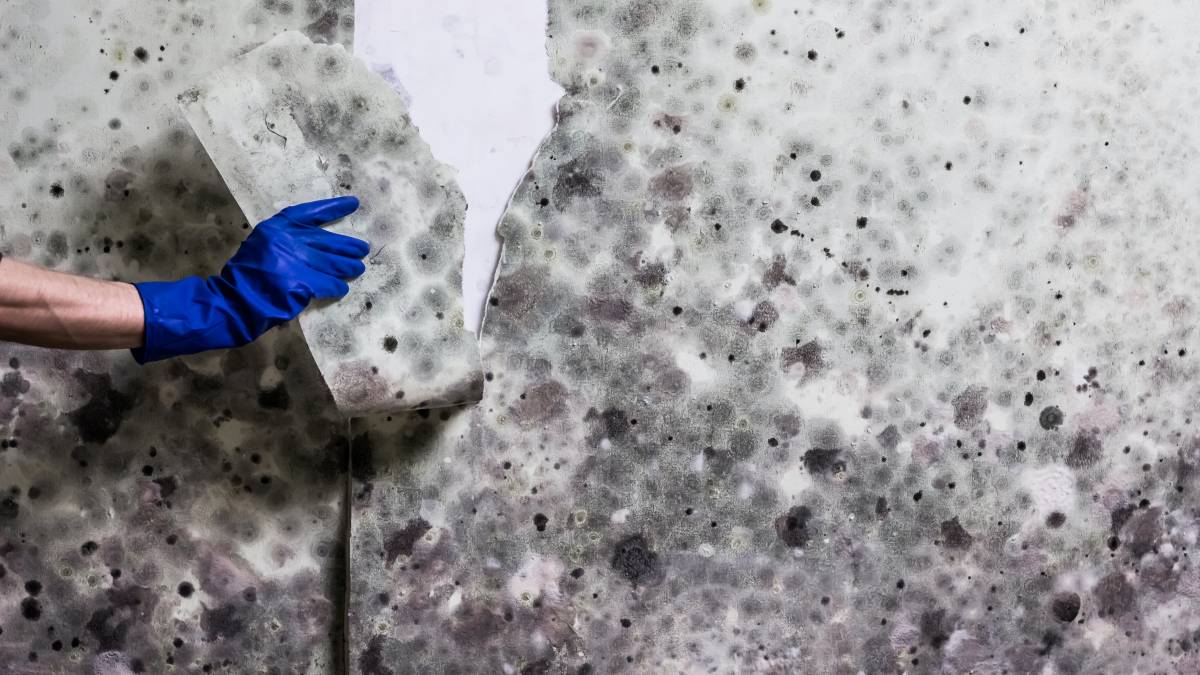
How much does mould removal cost?
Read more
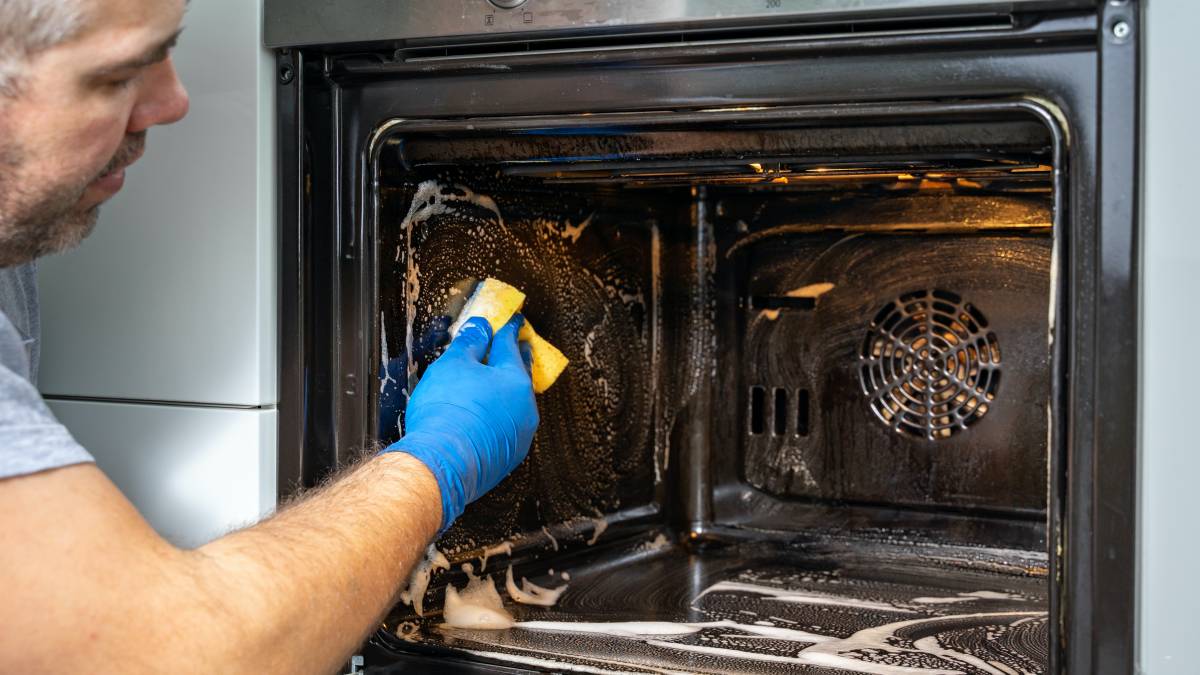
How much does oven cleaning cost?
Read more
